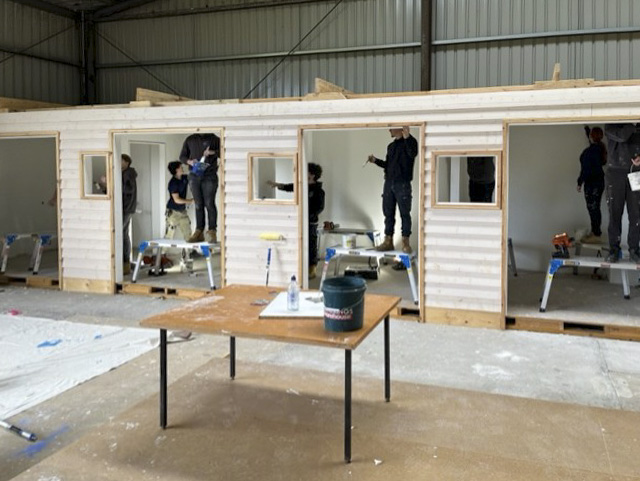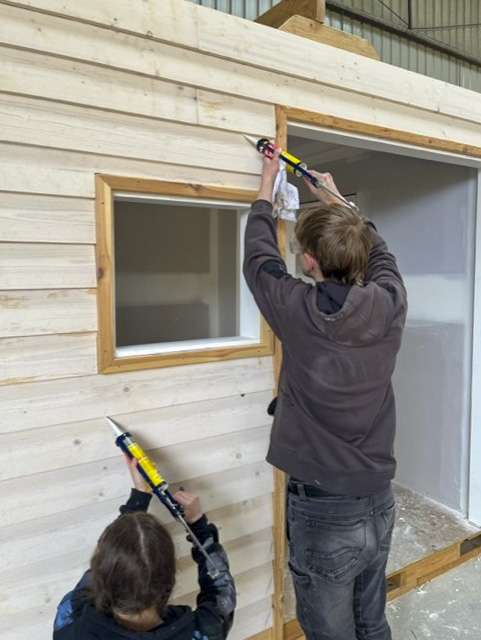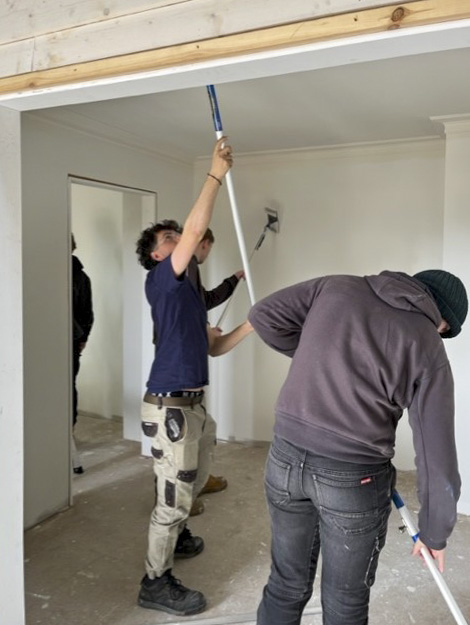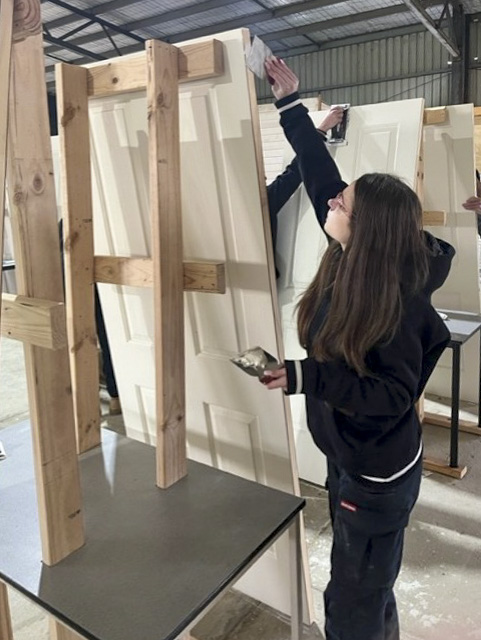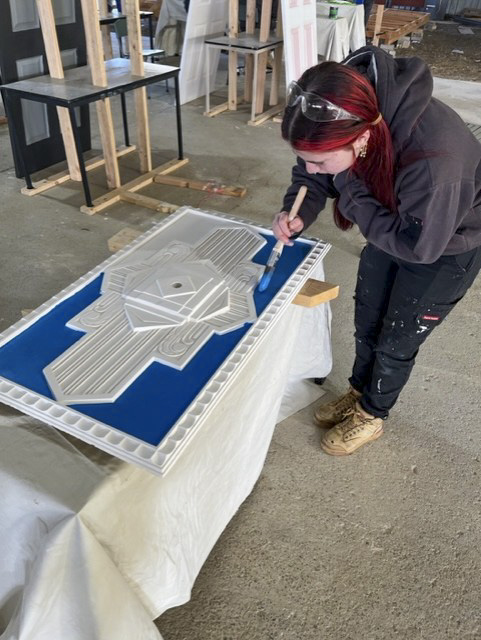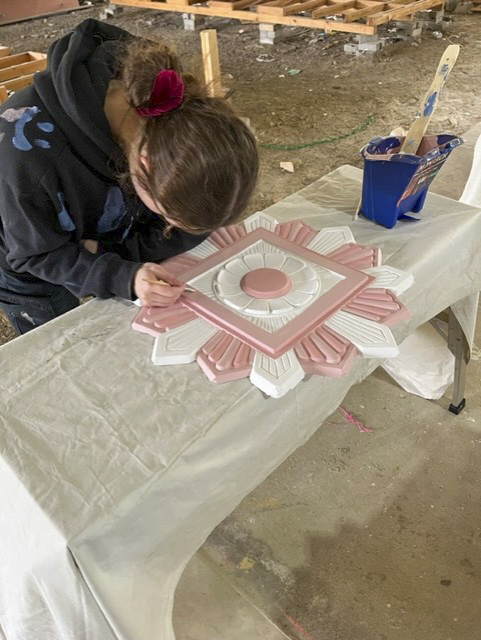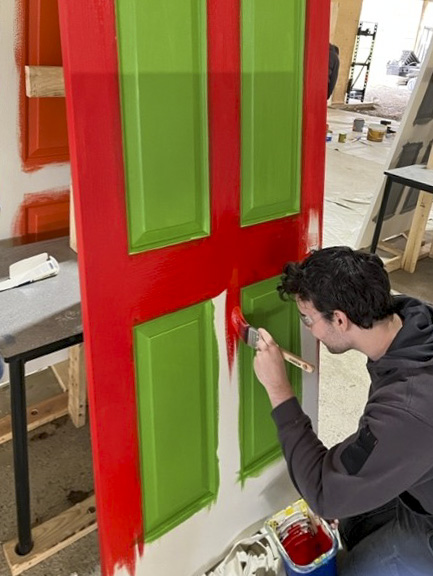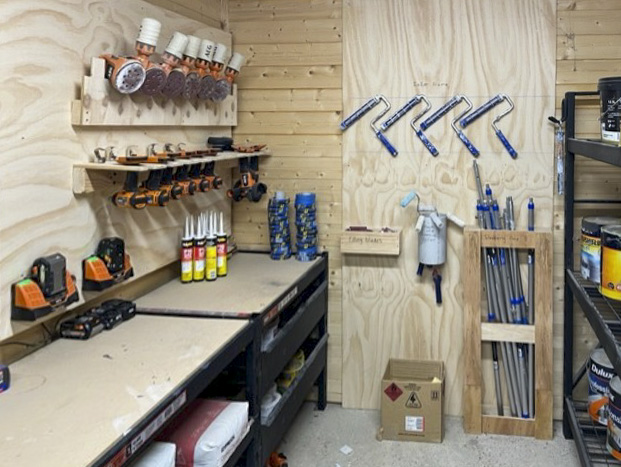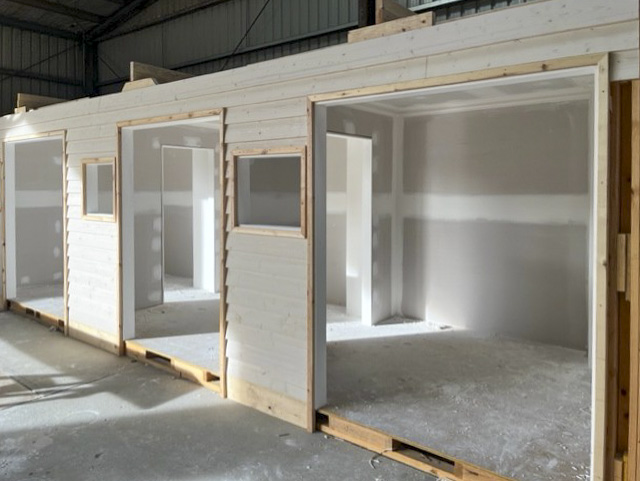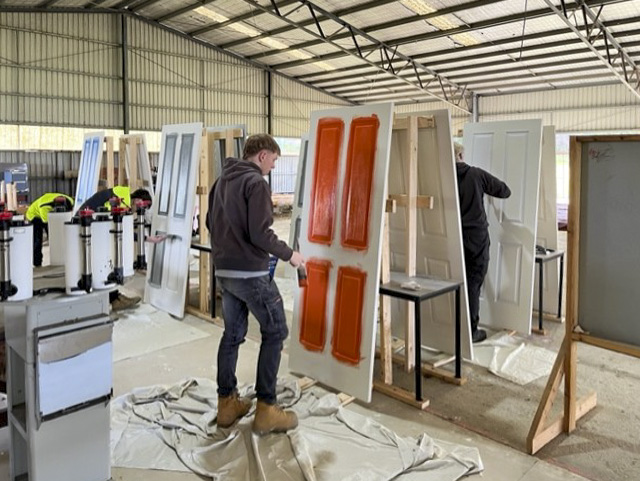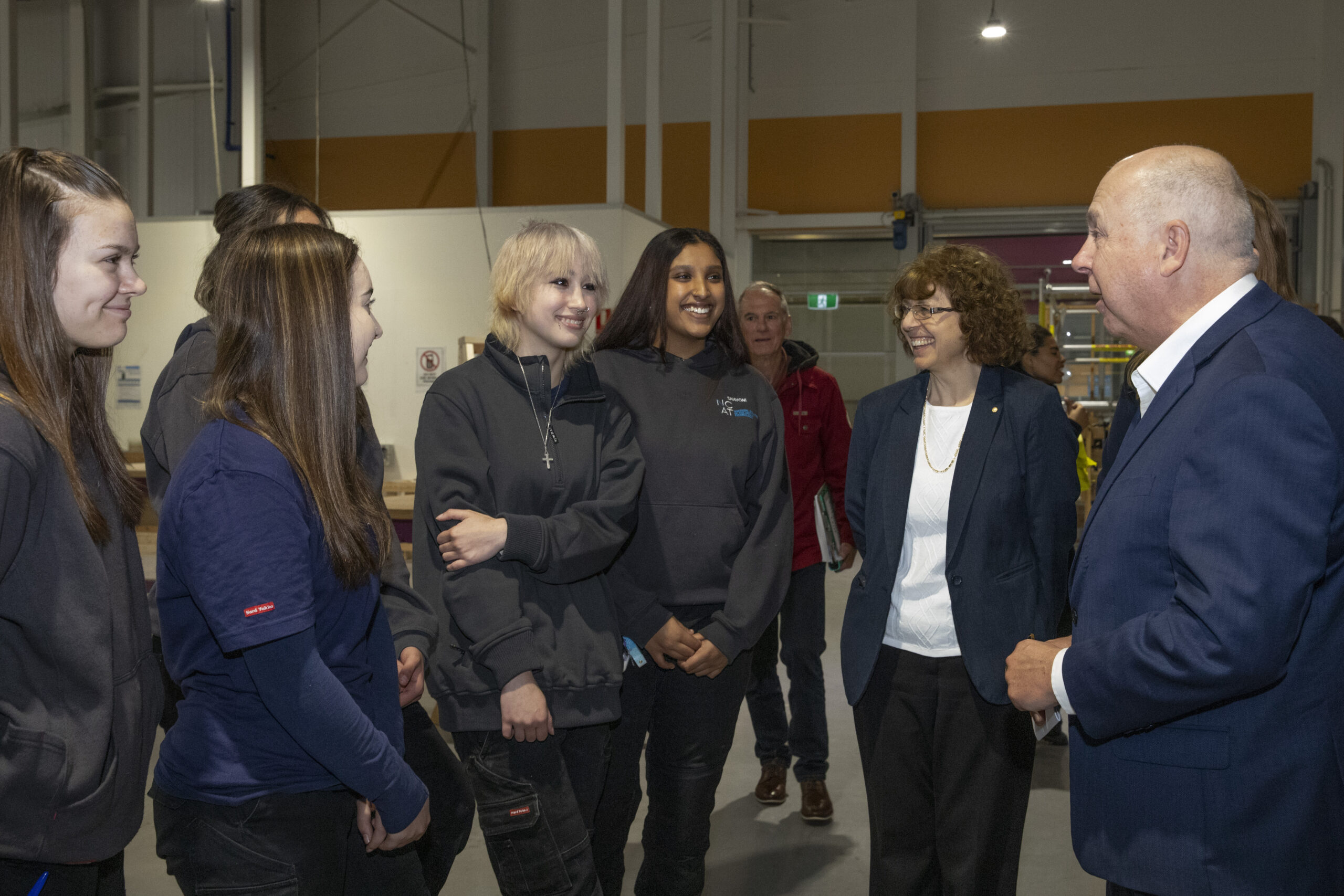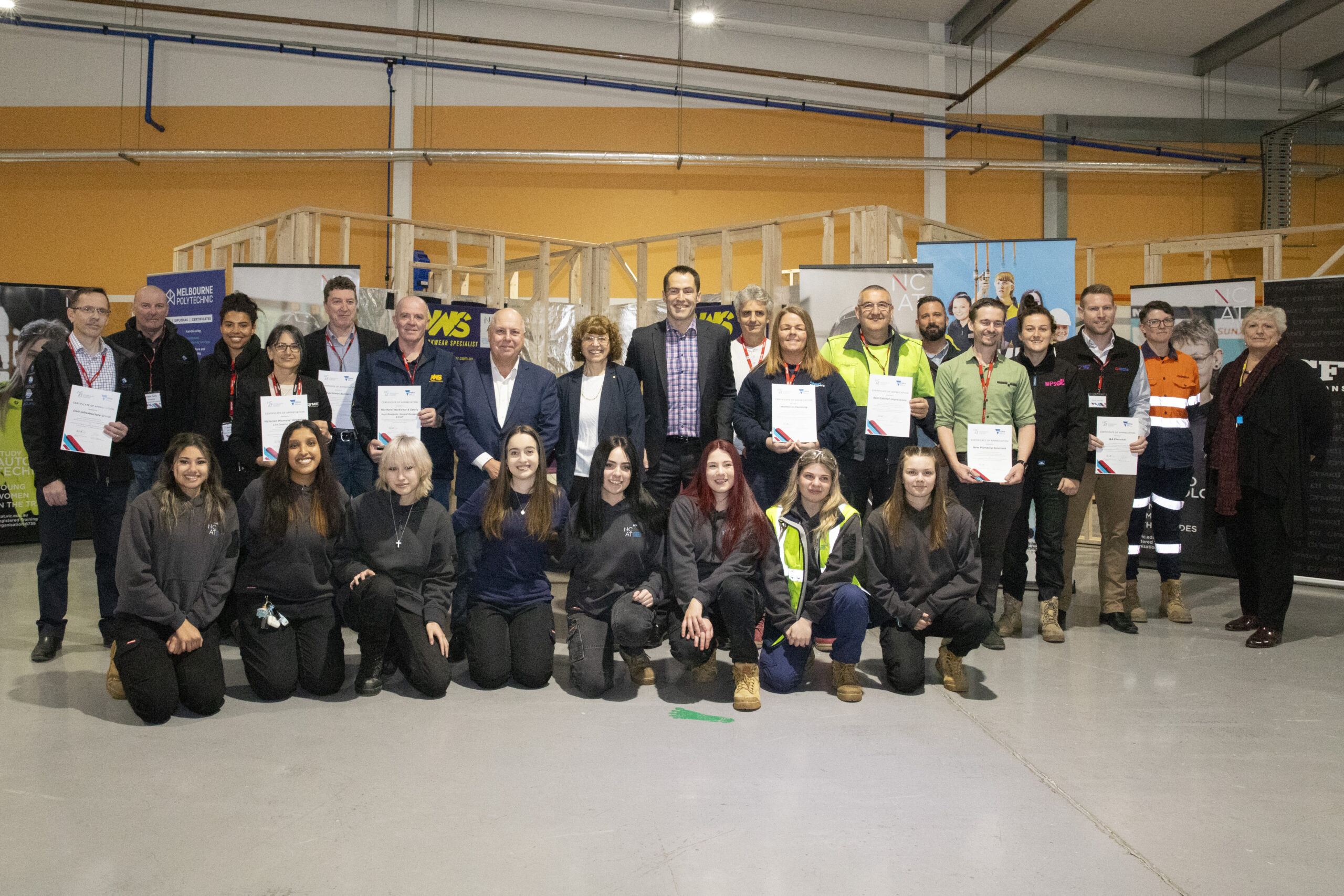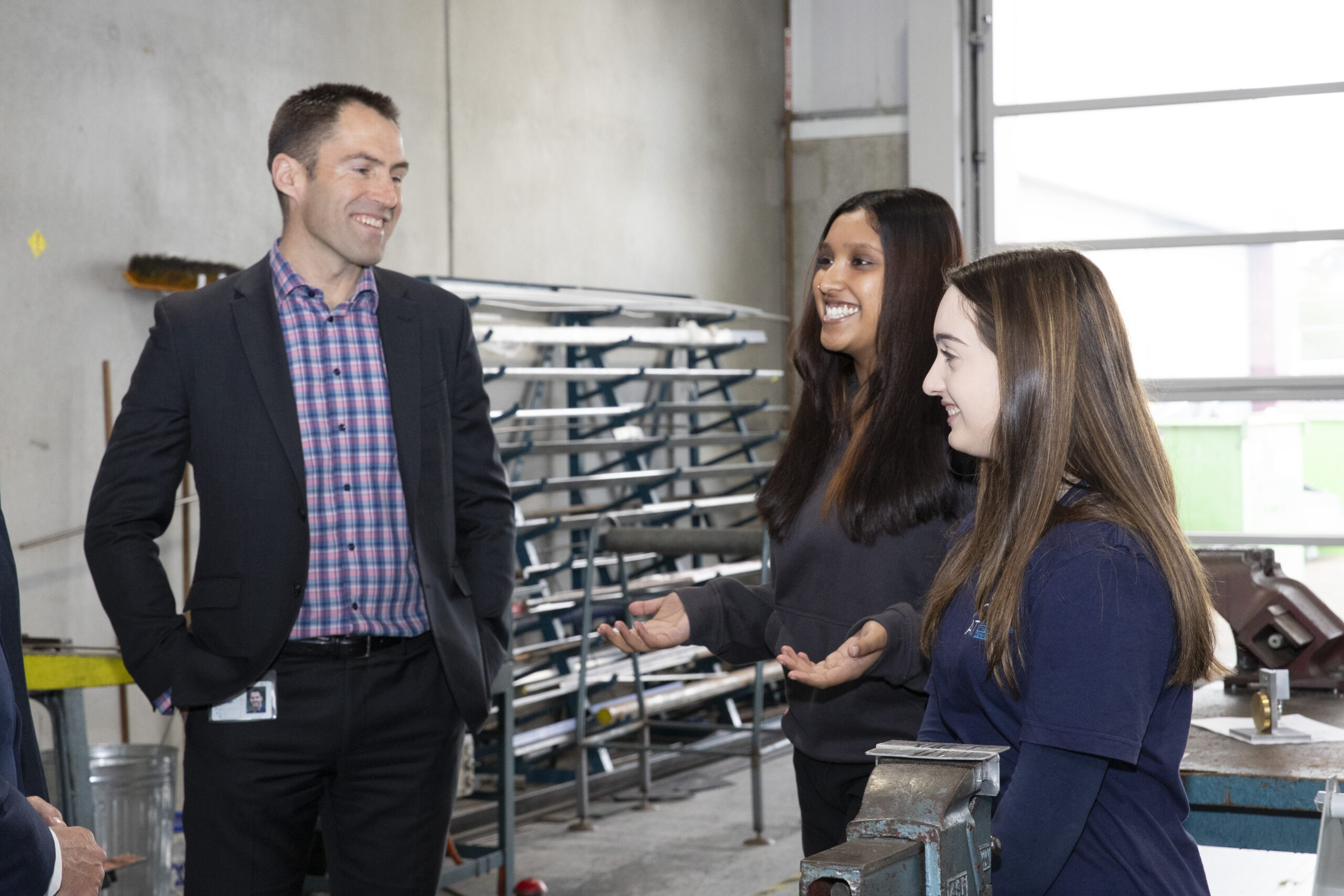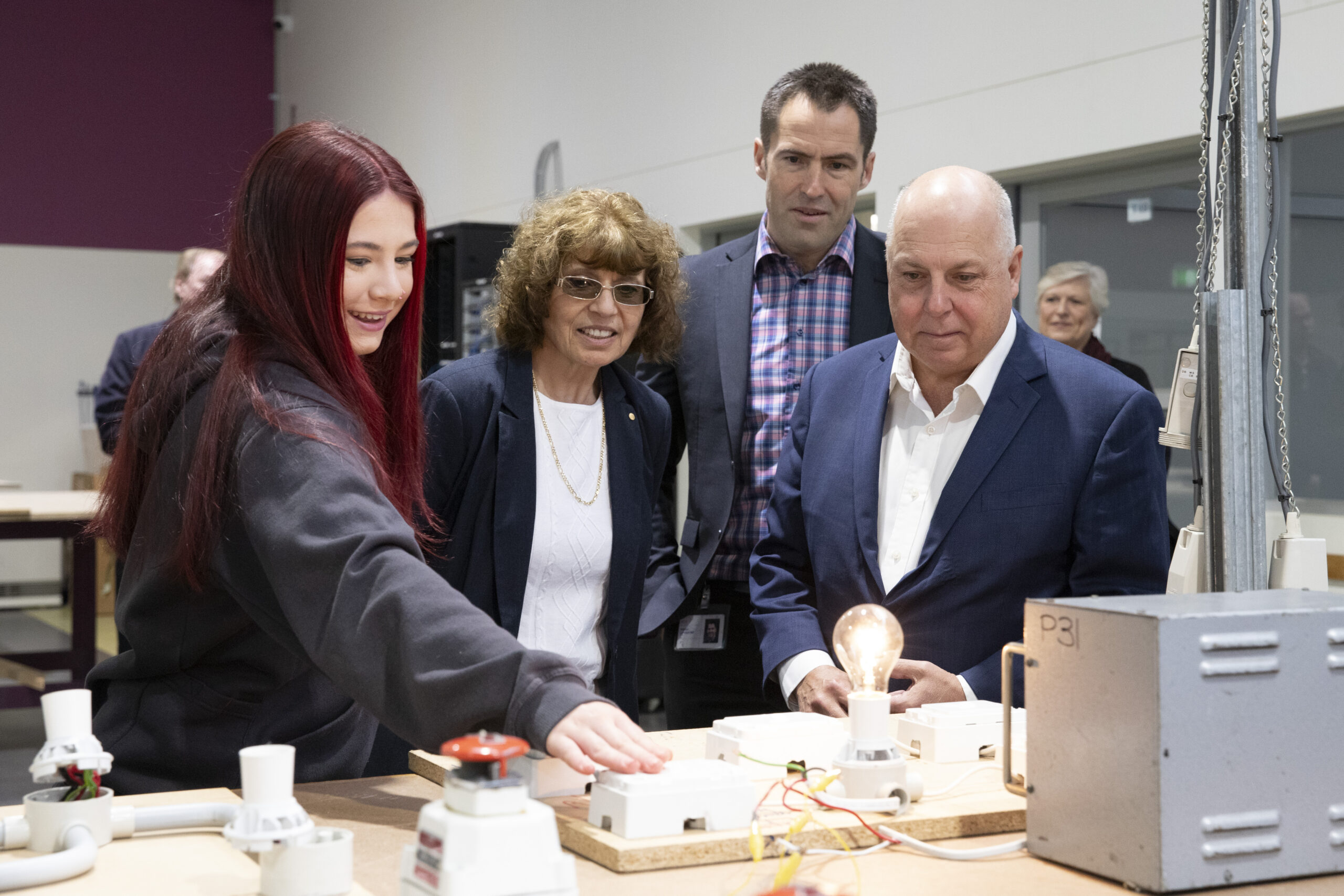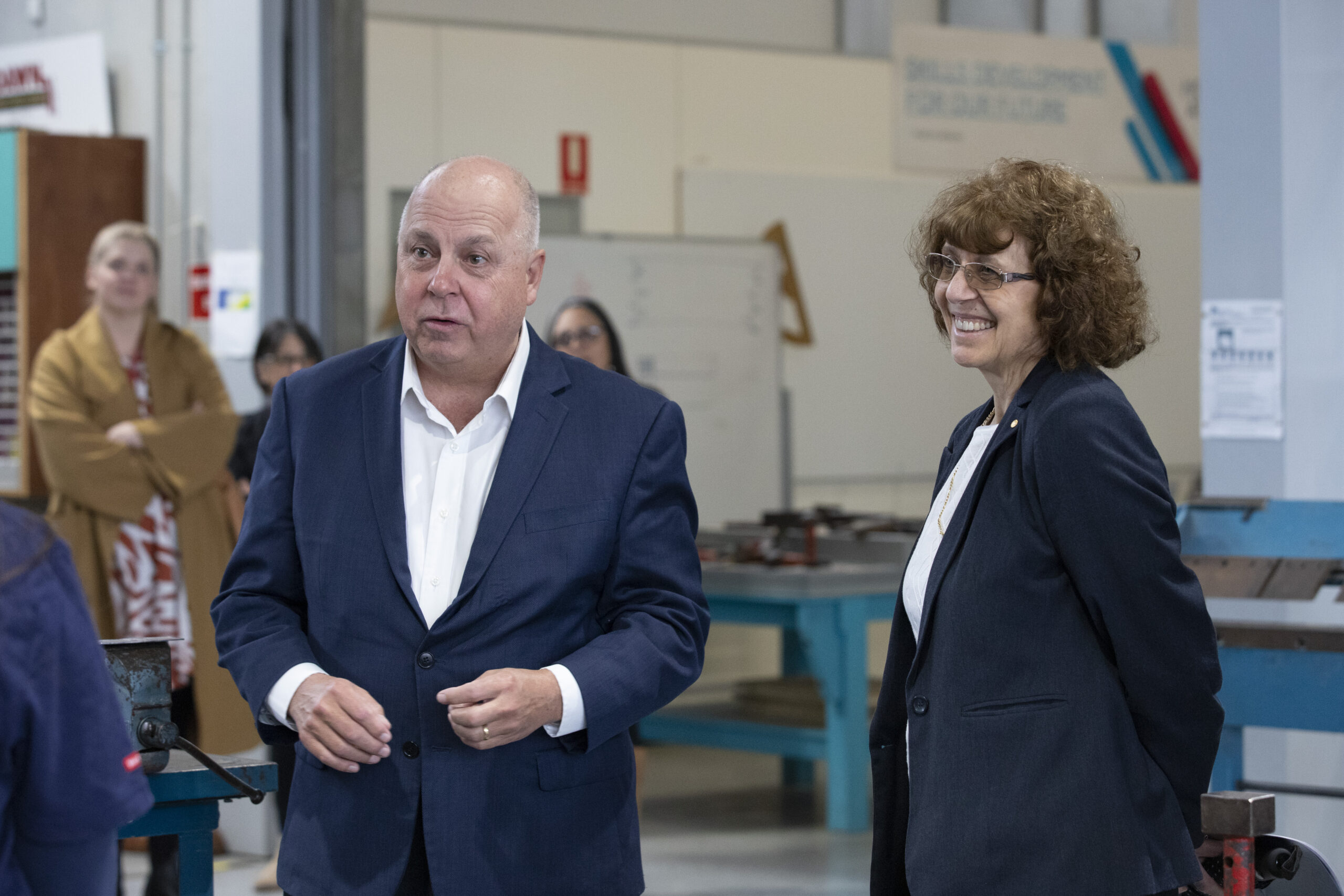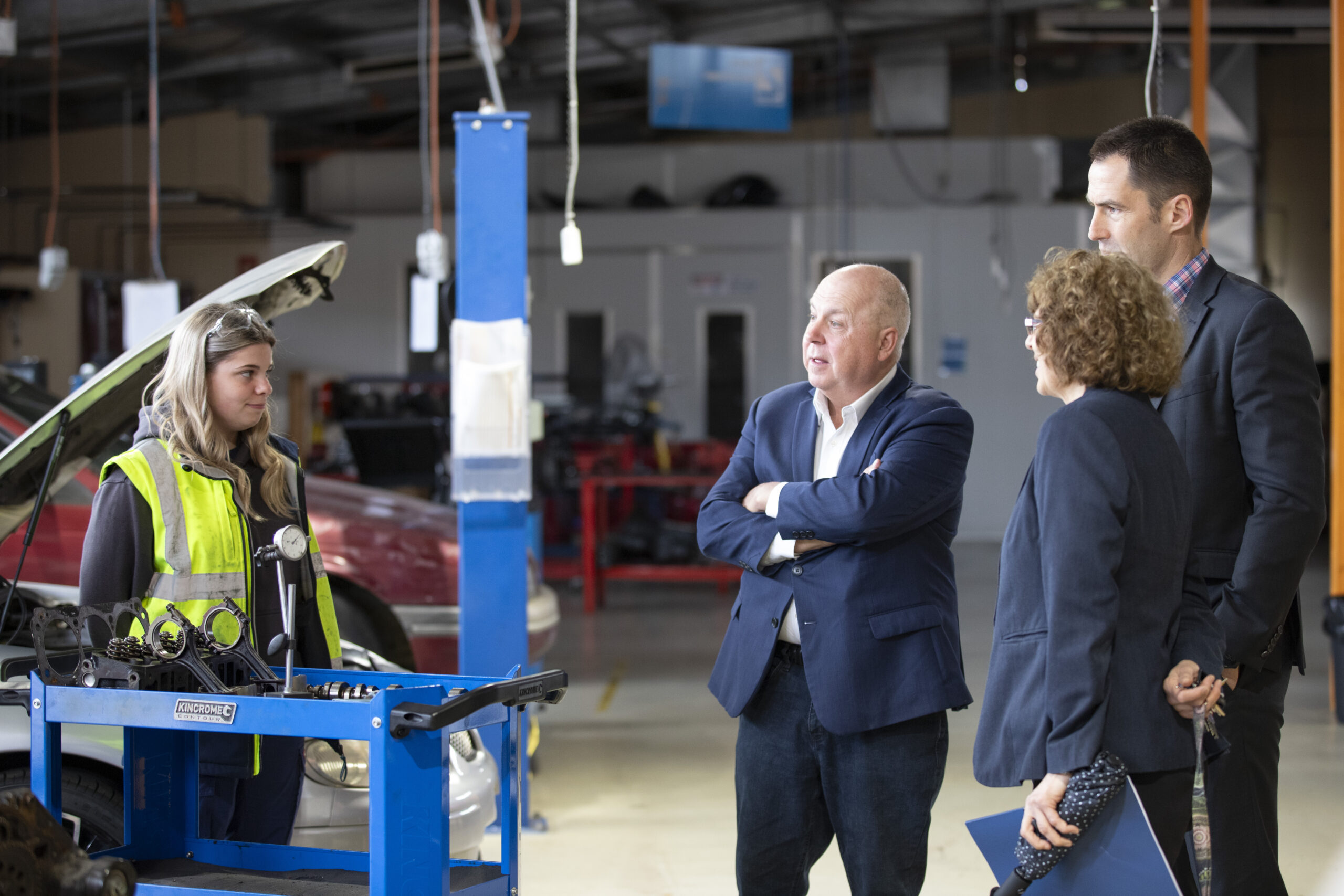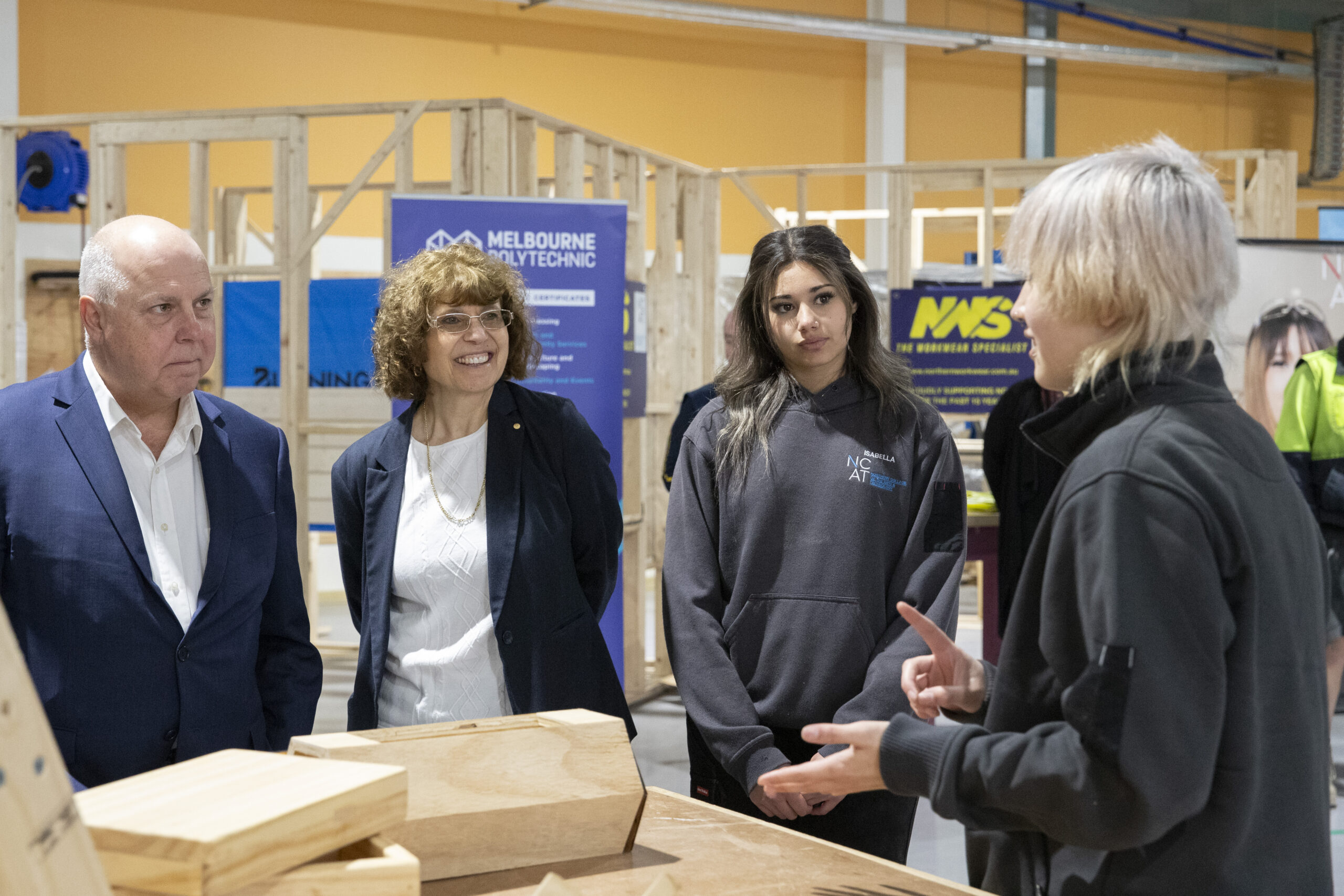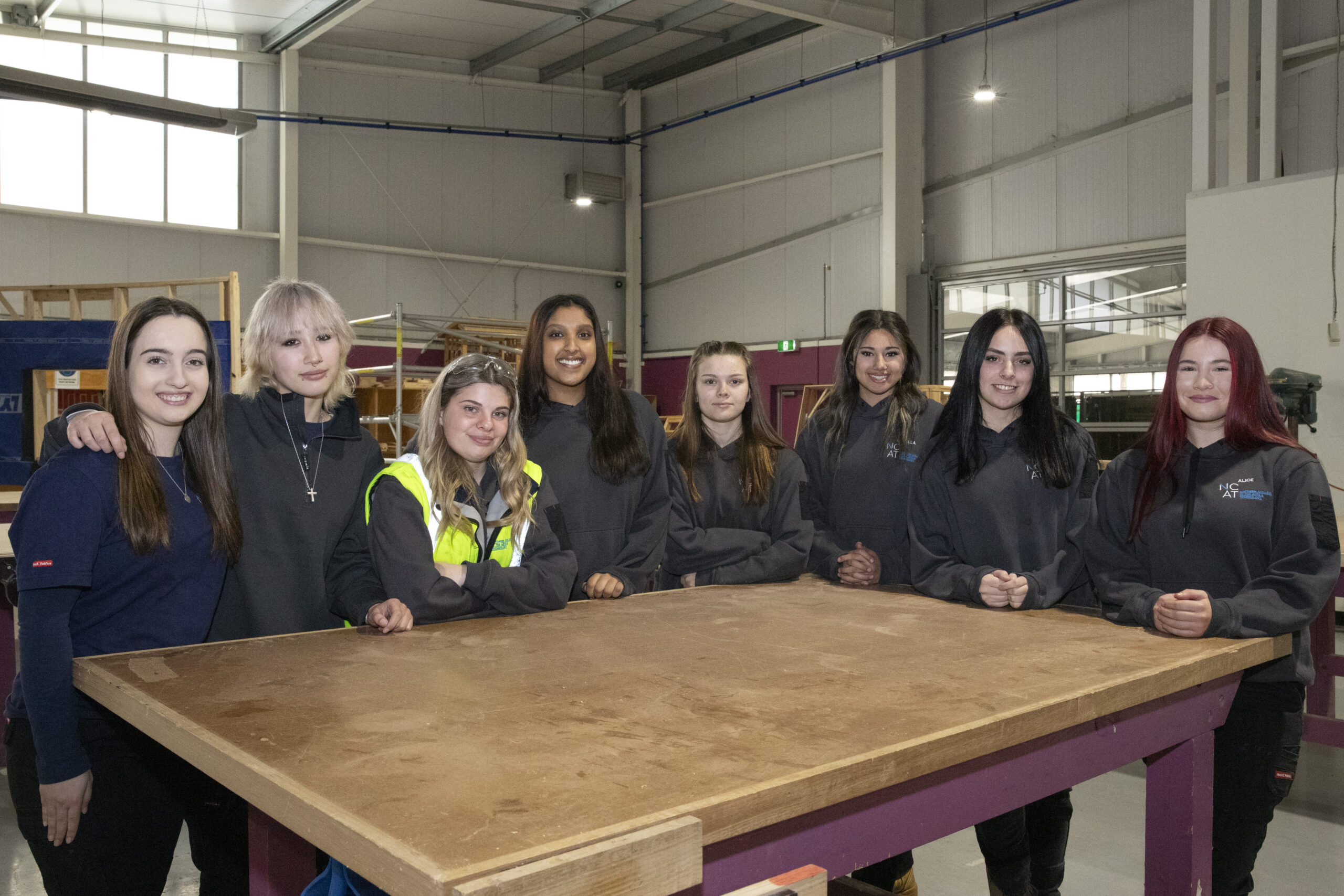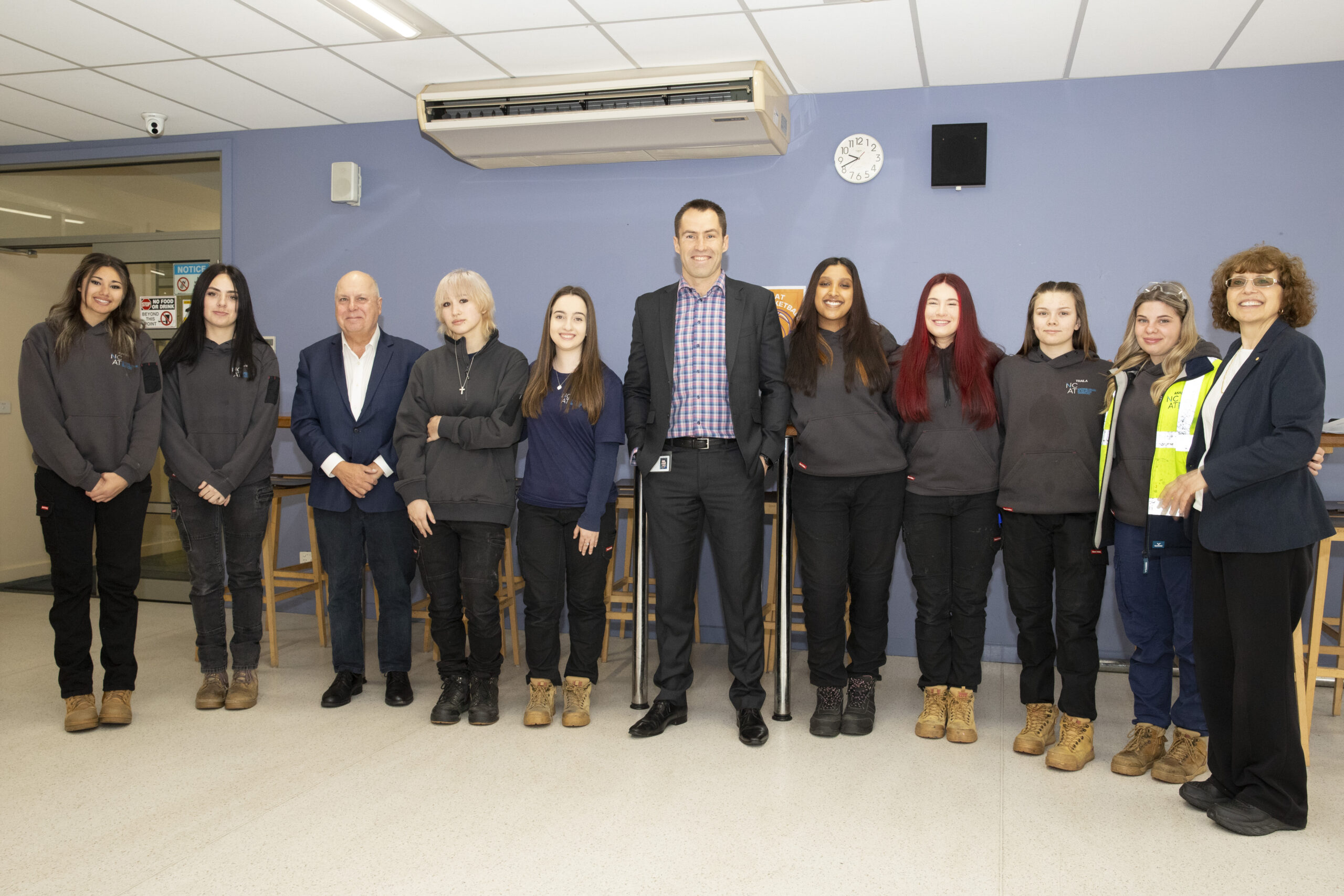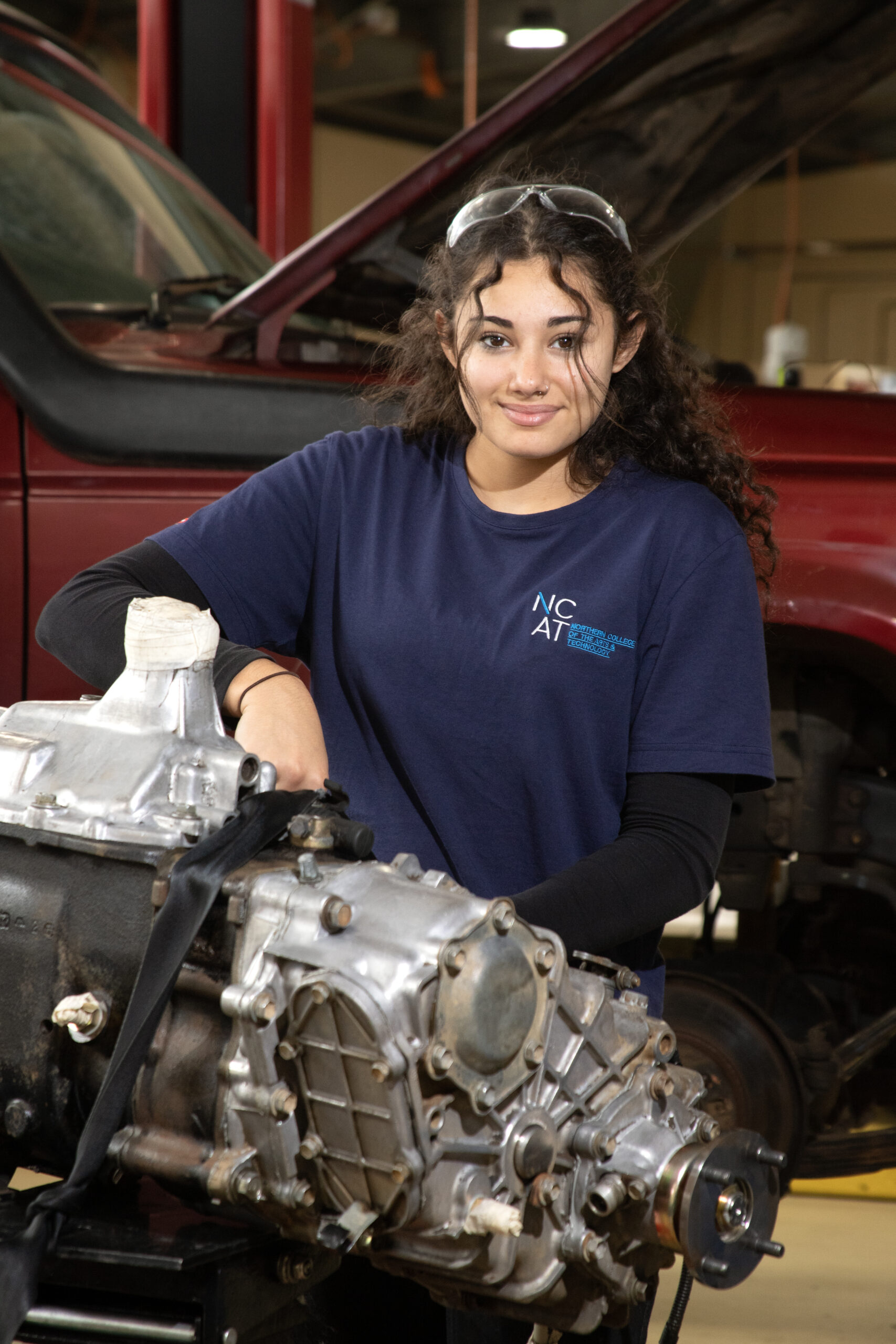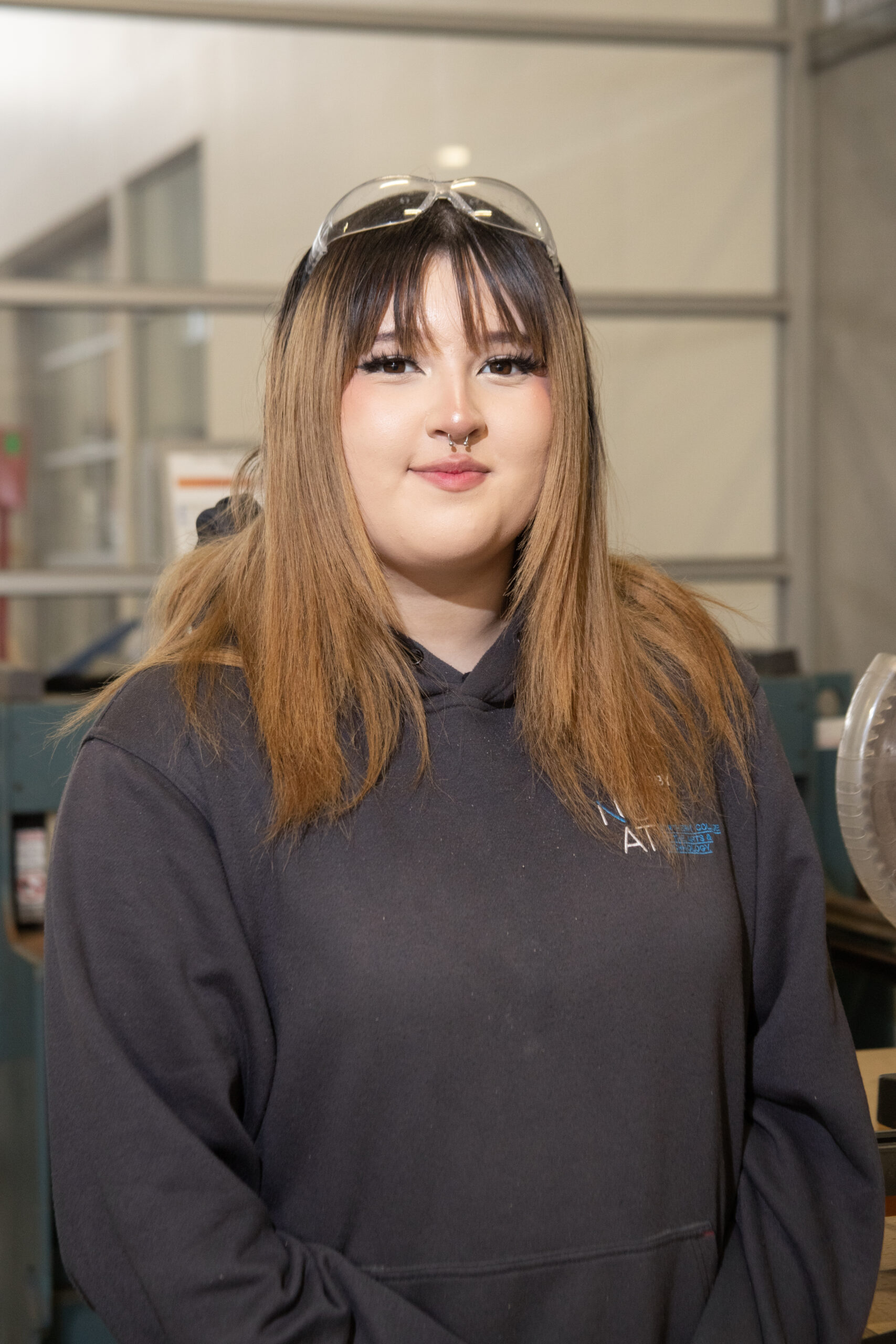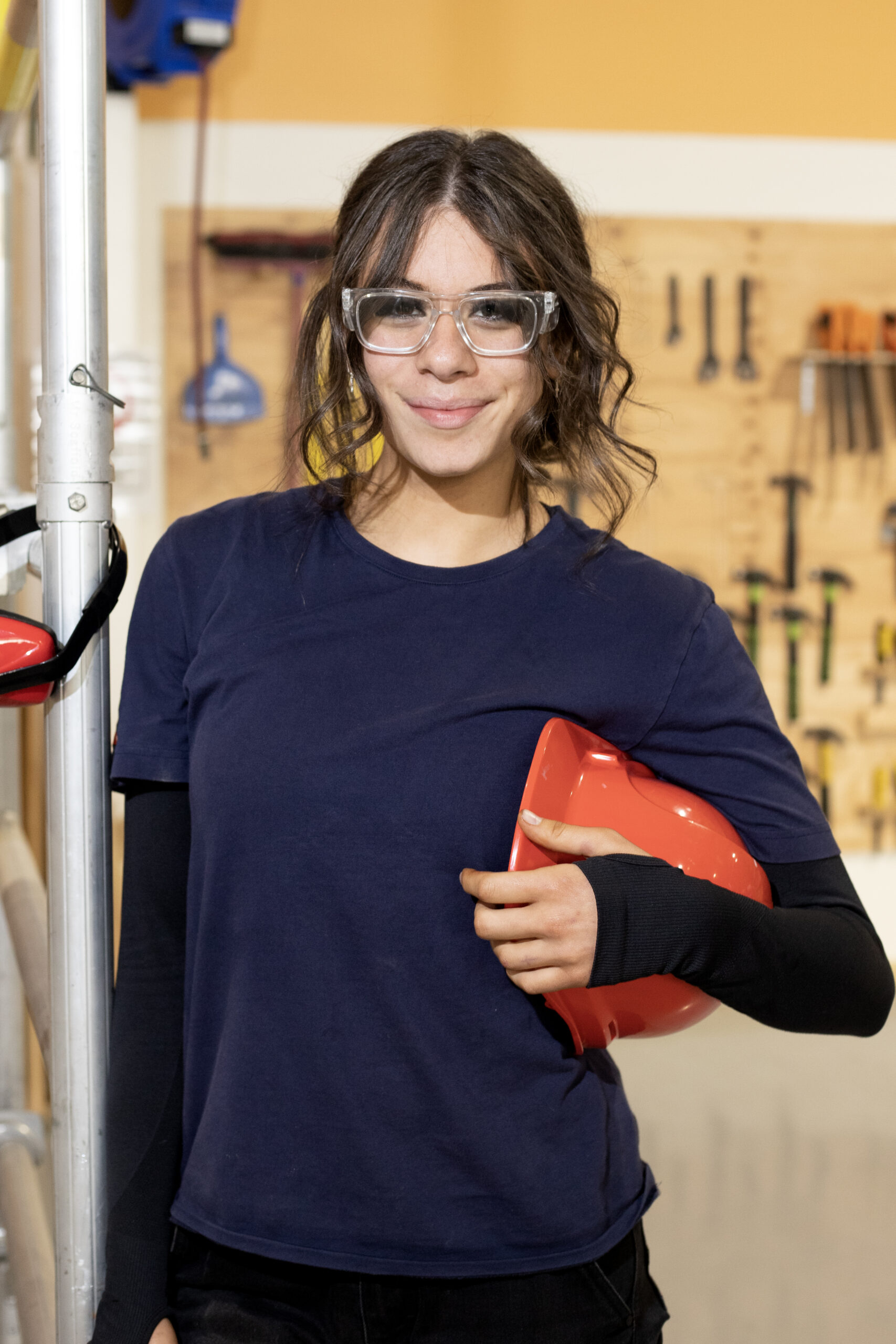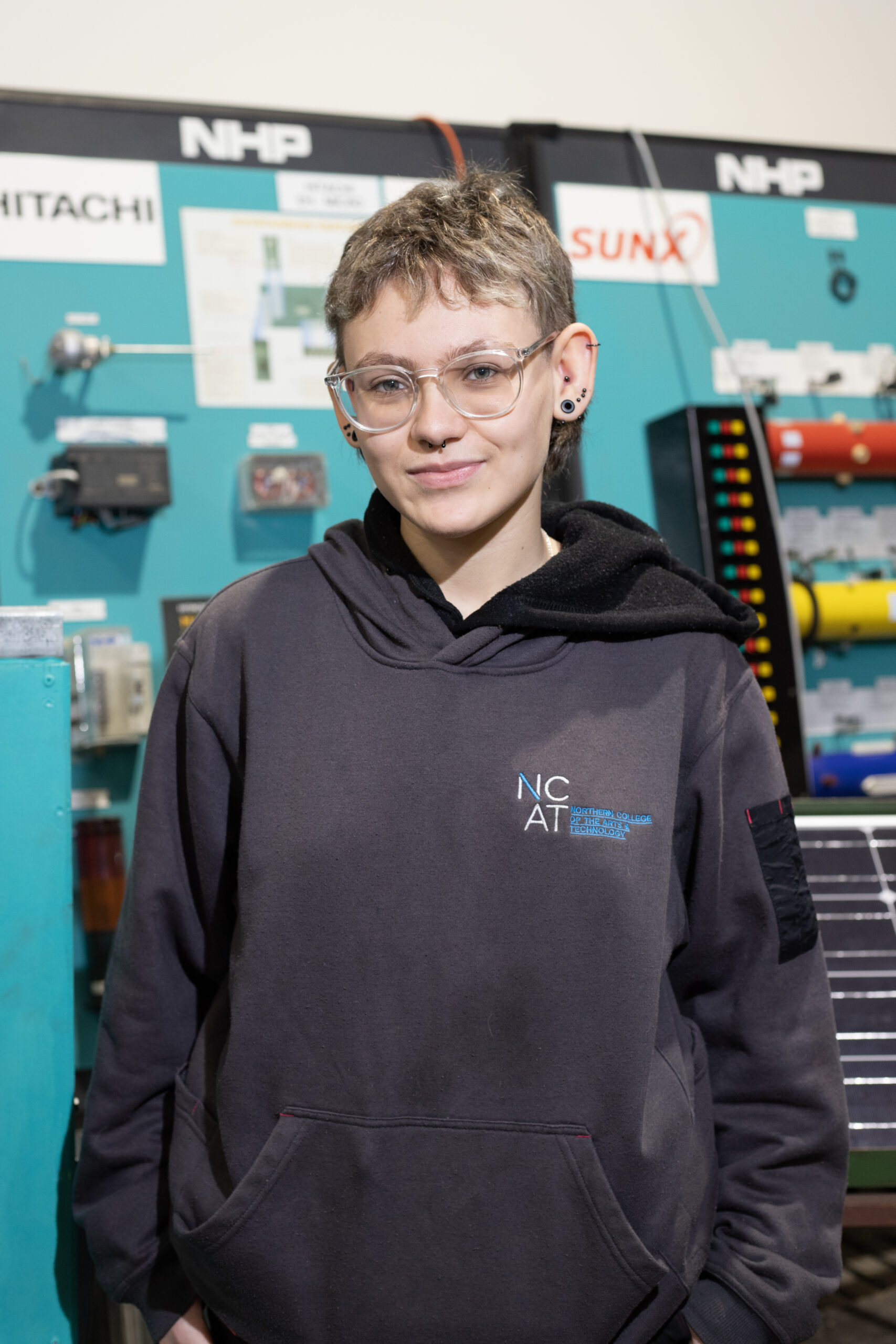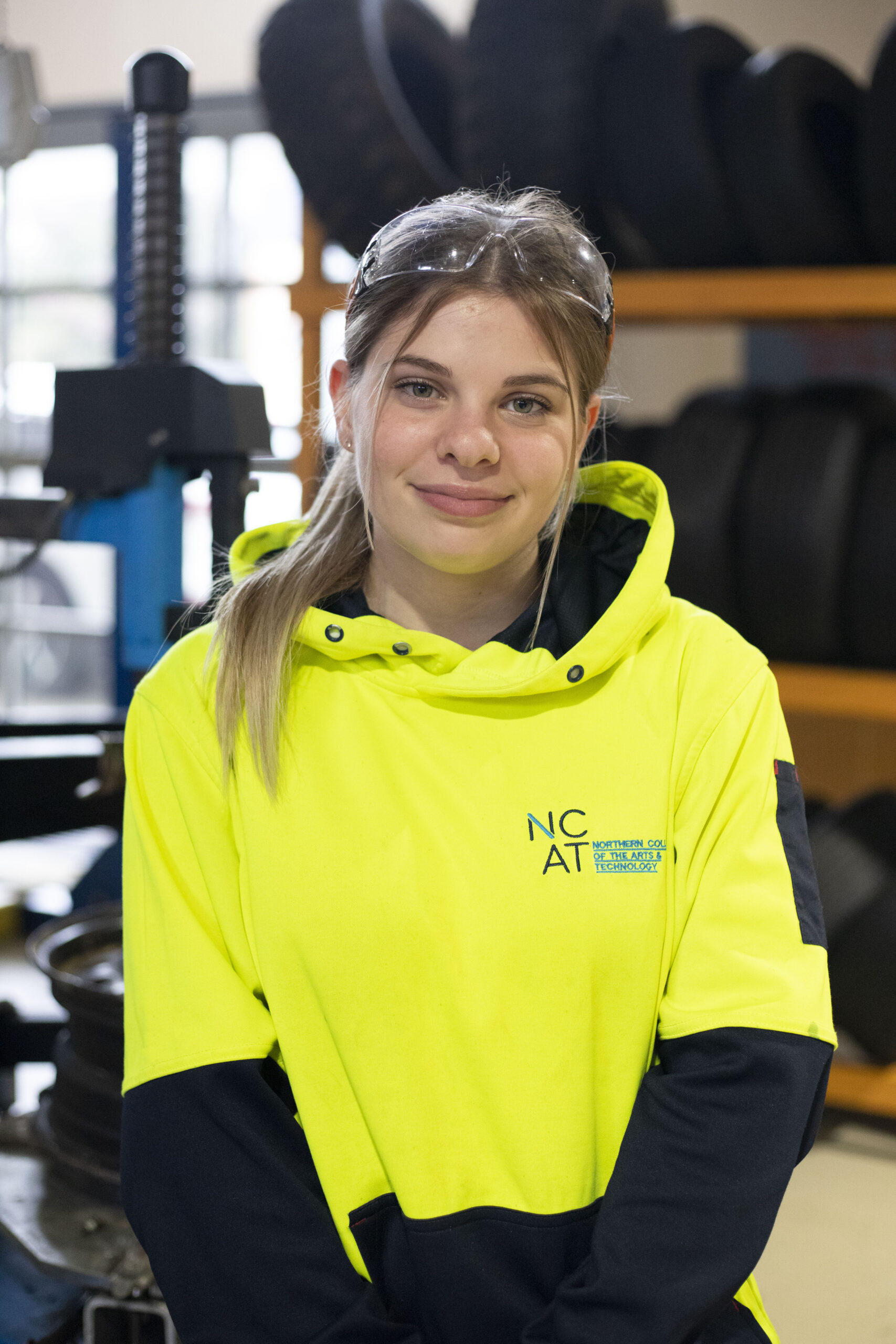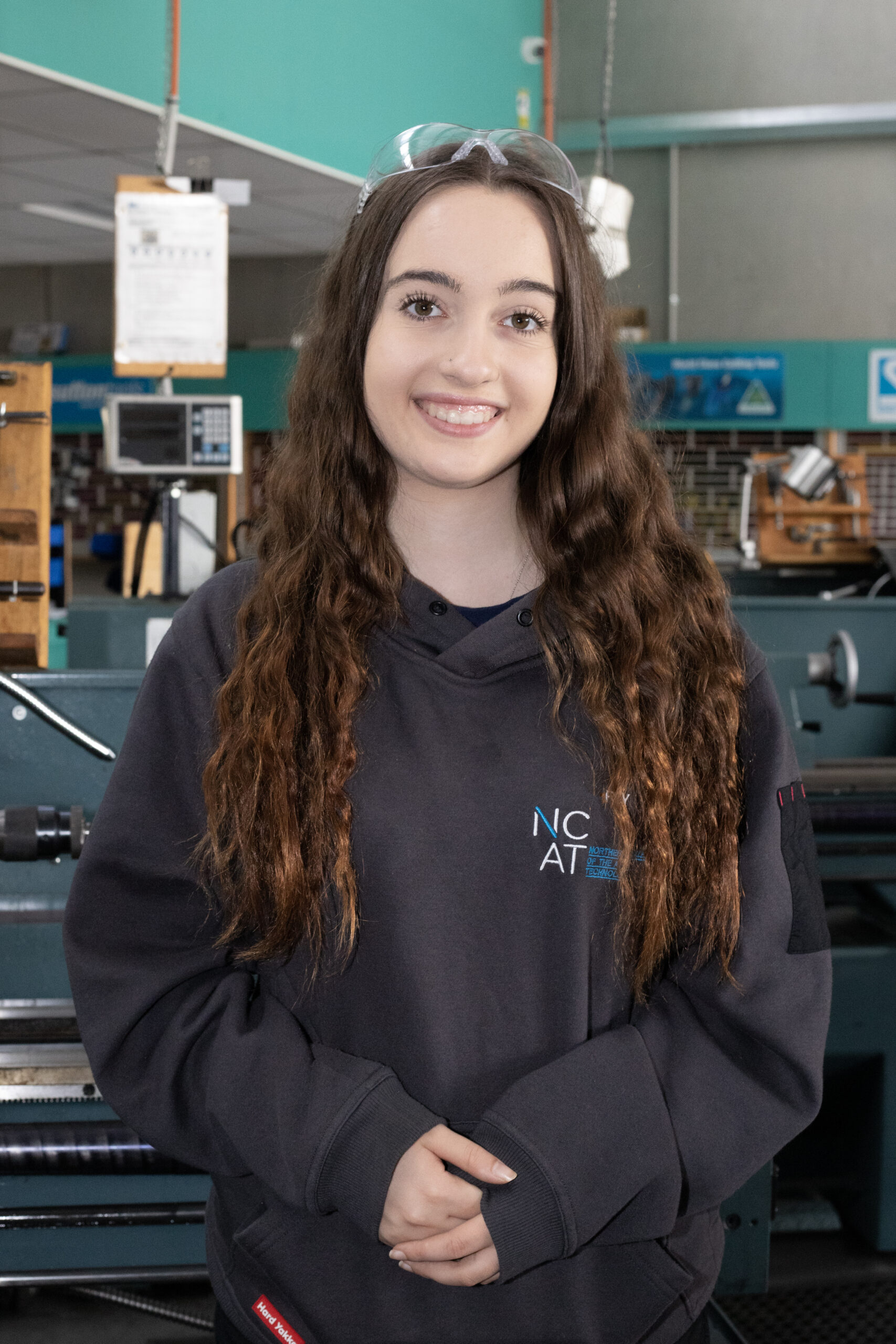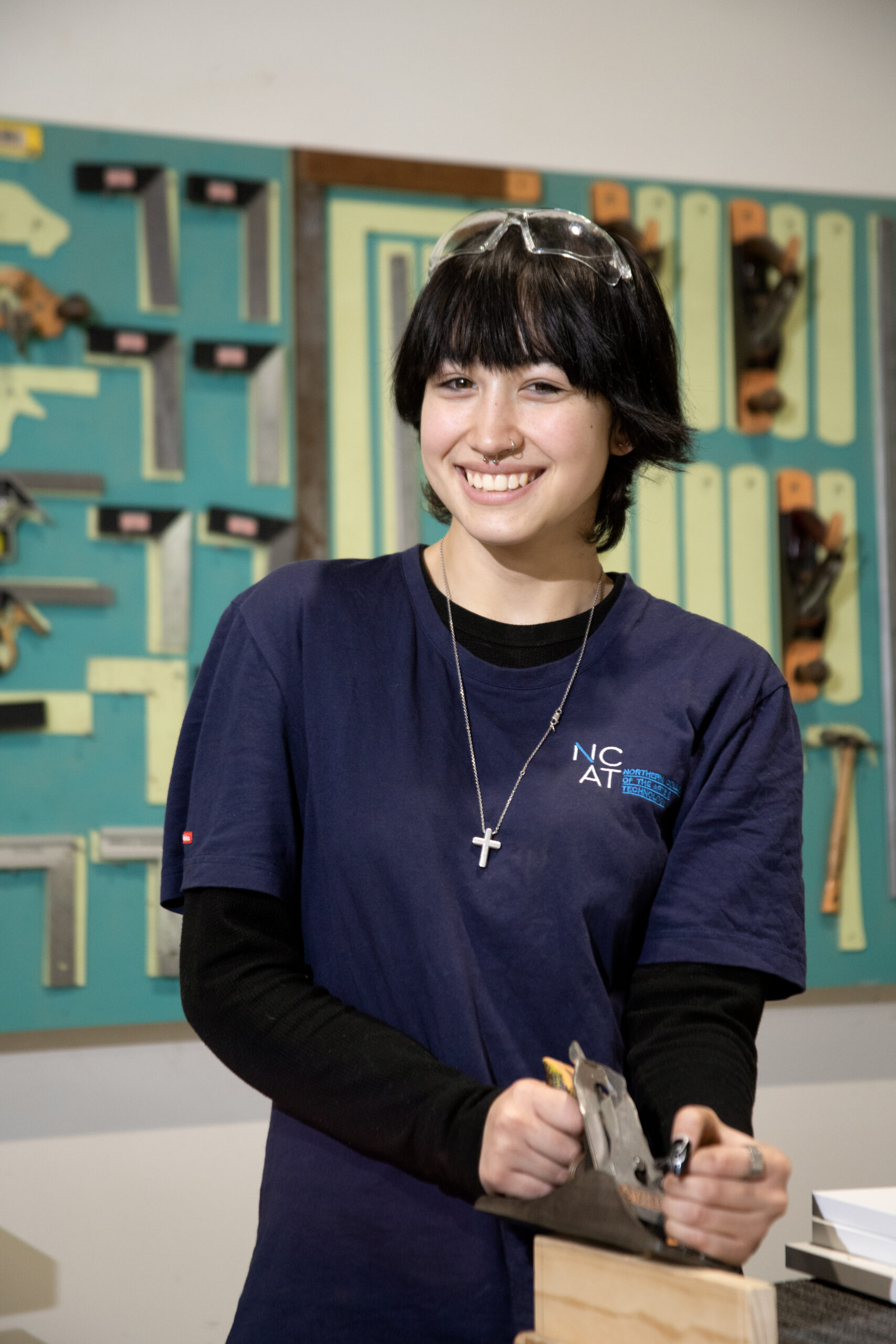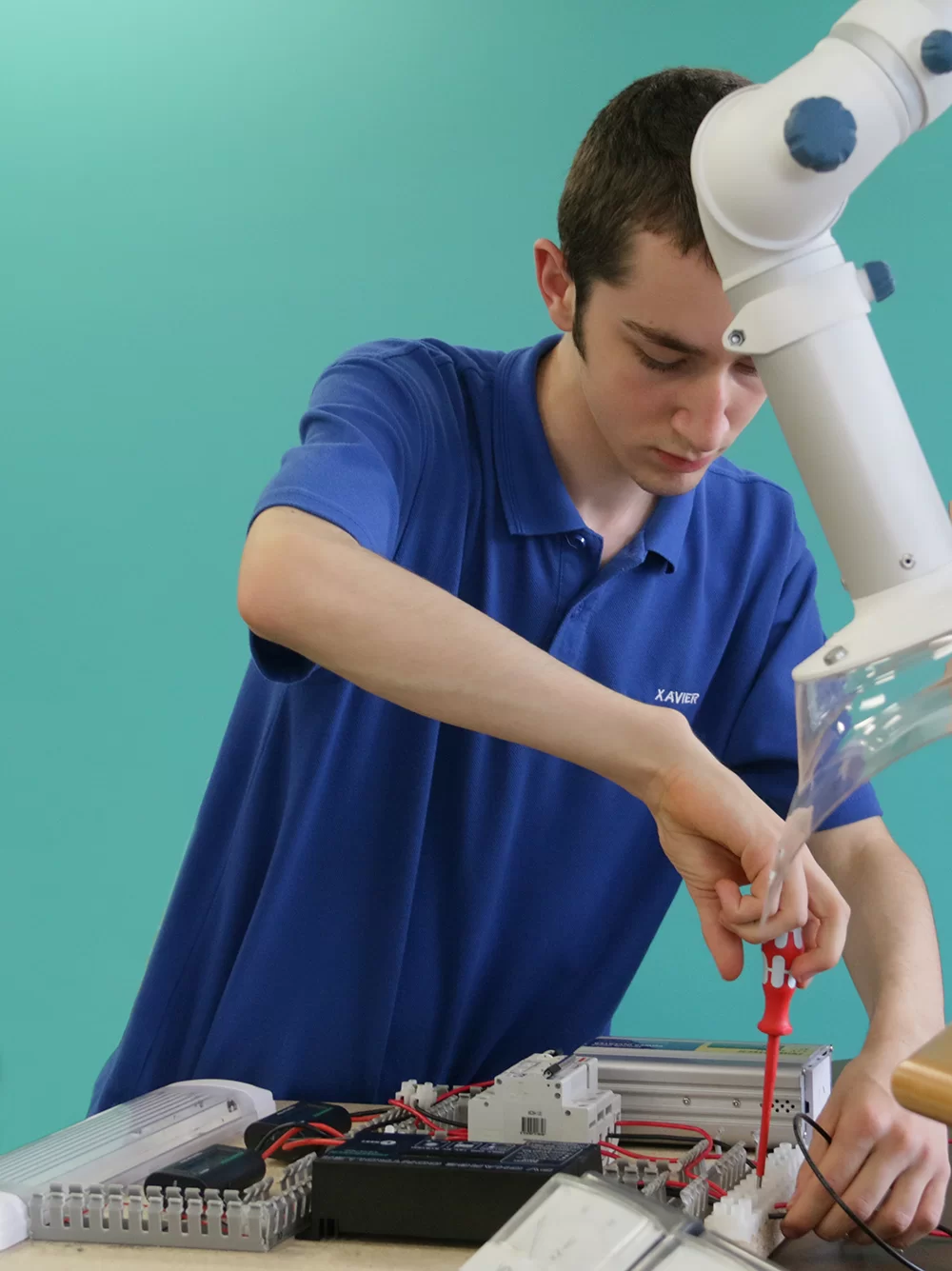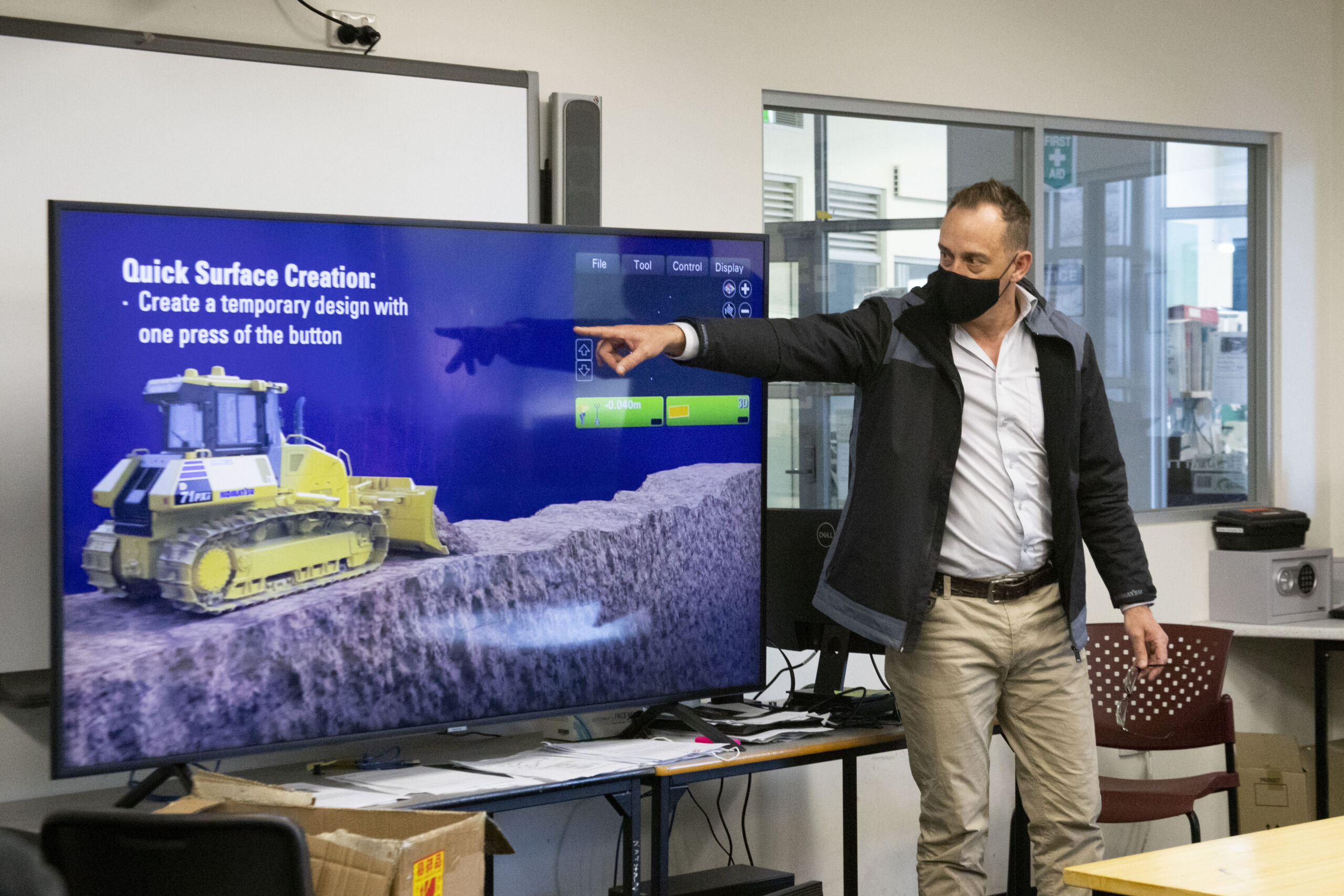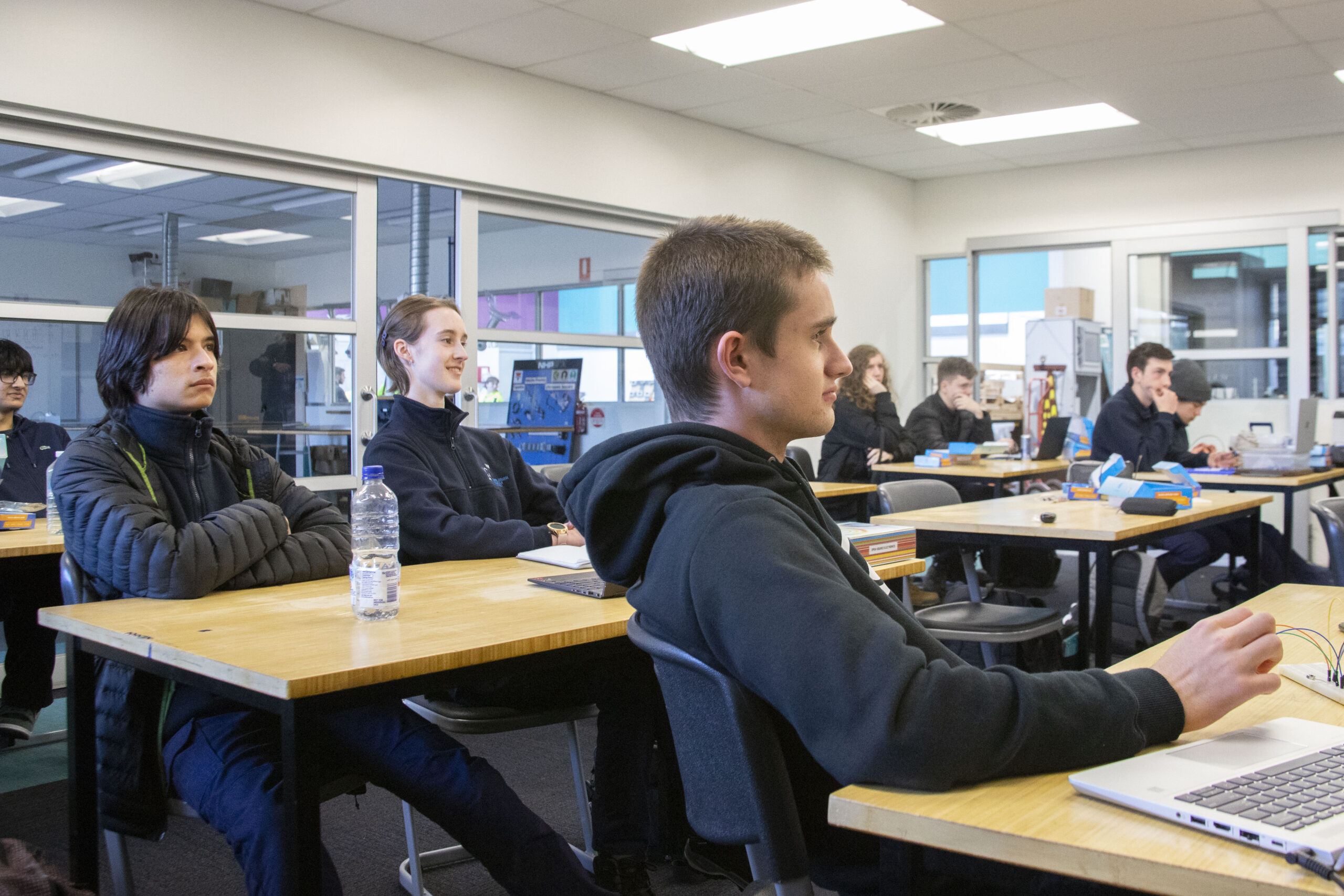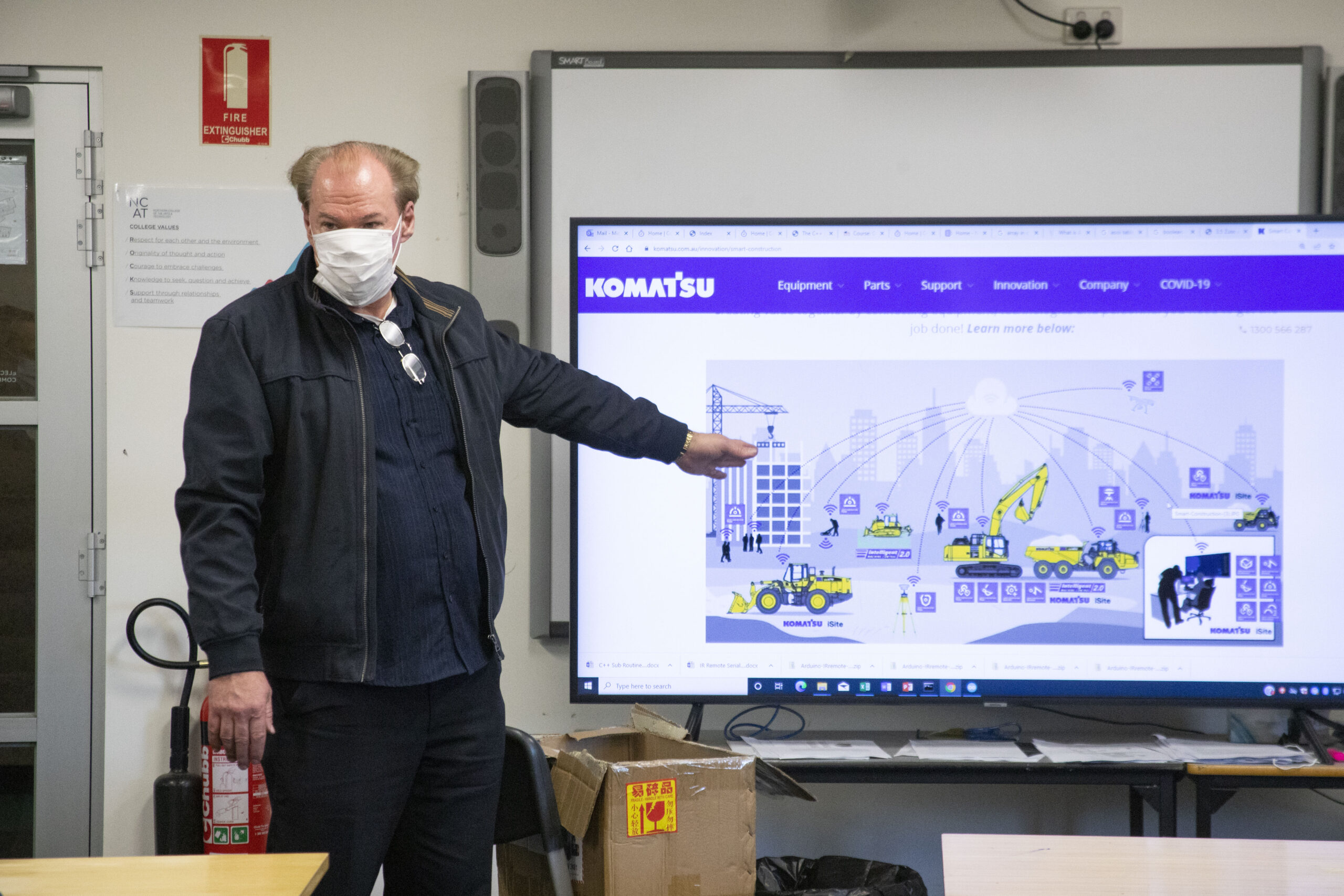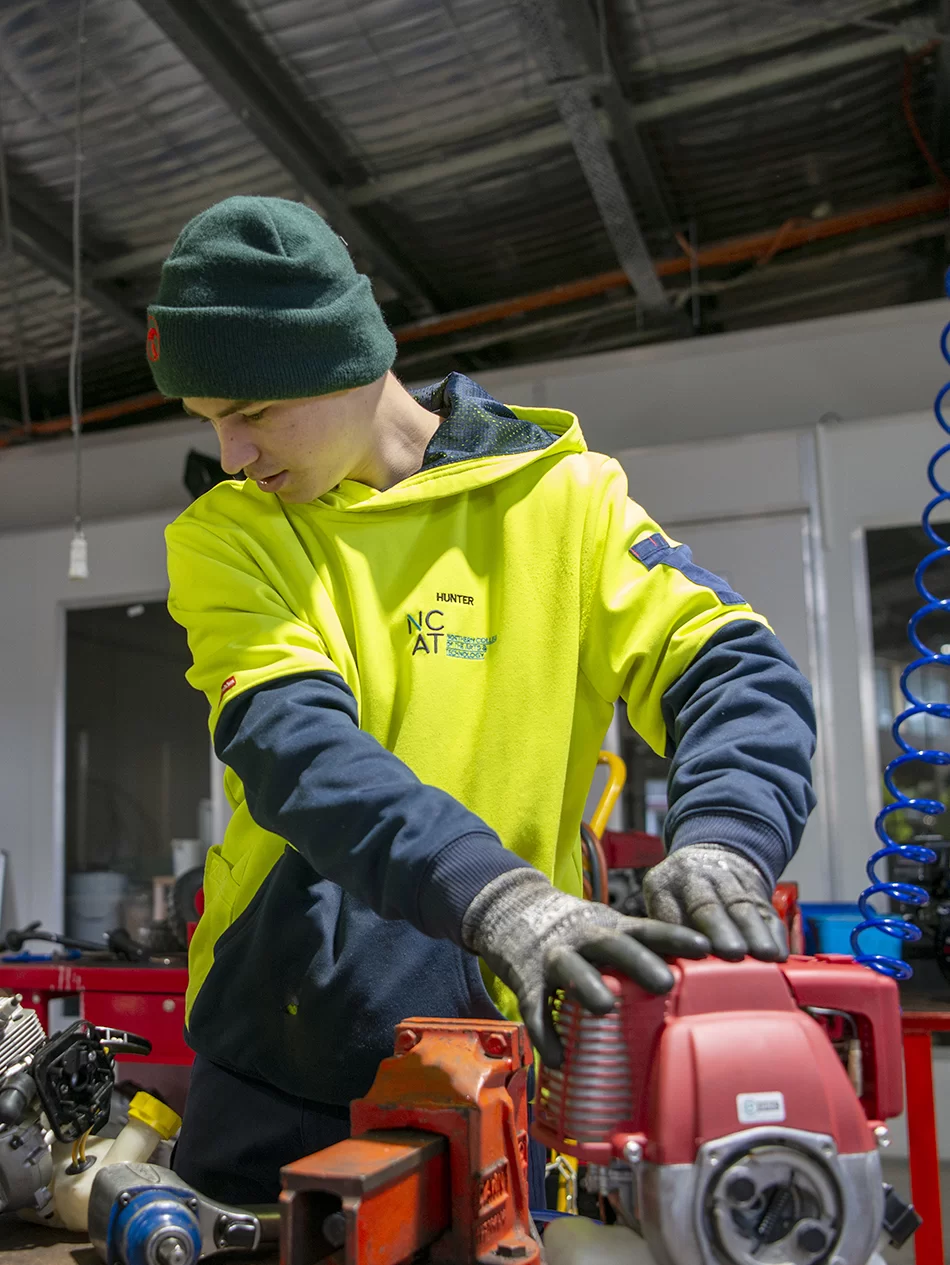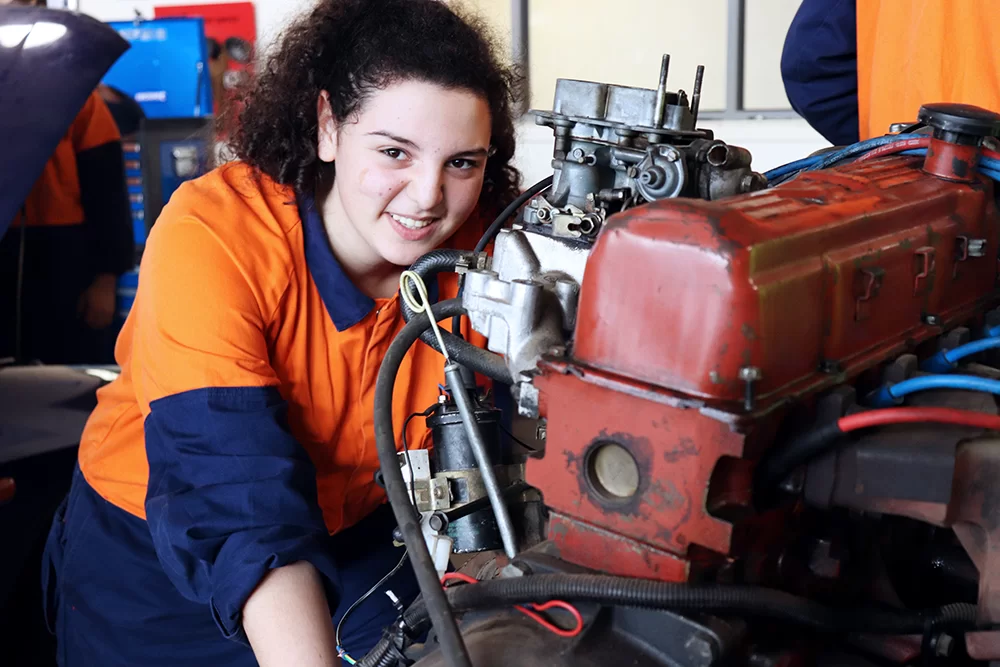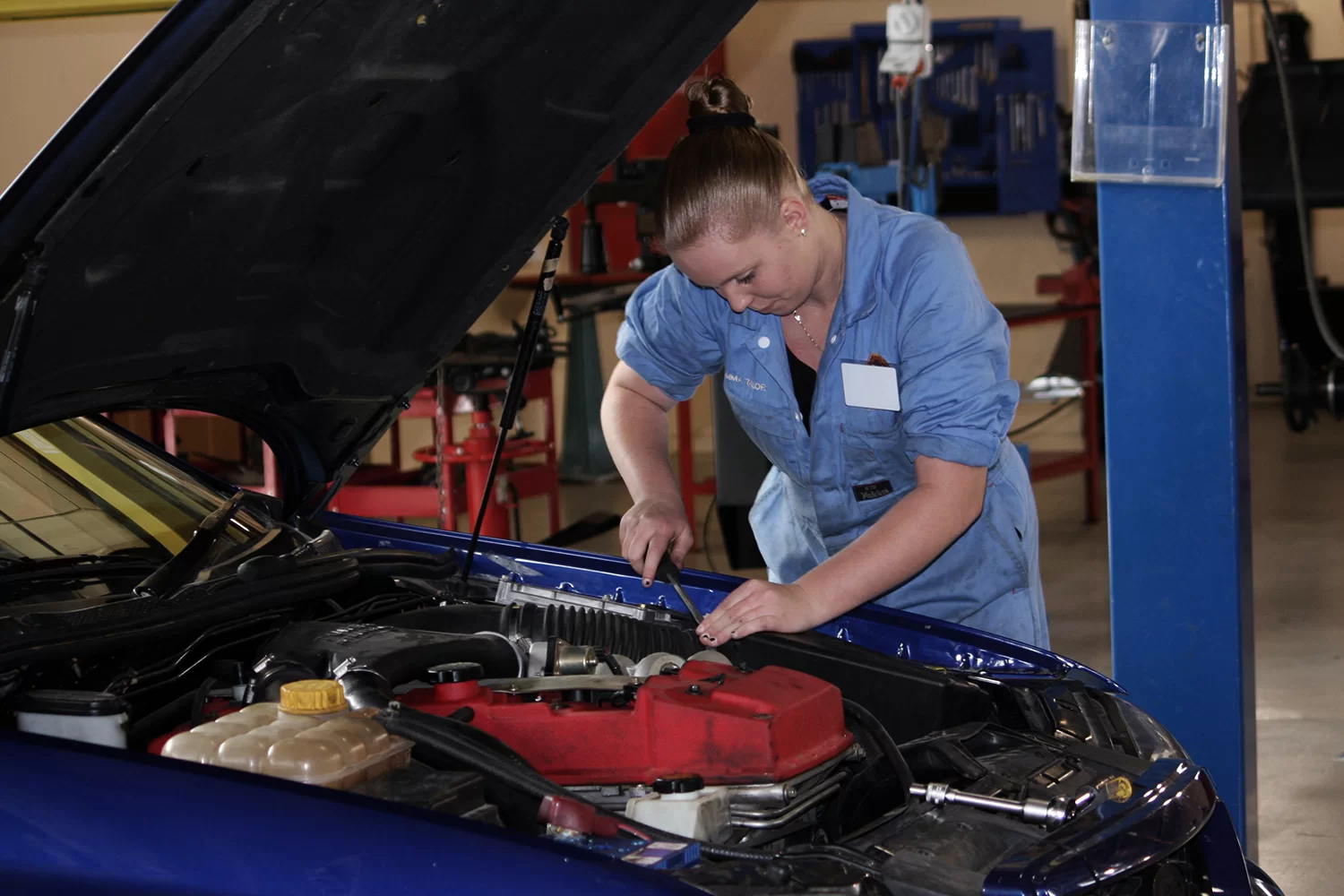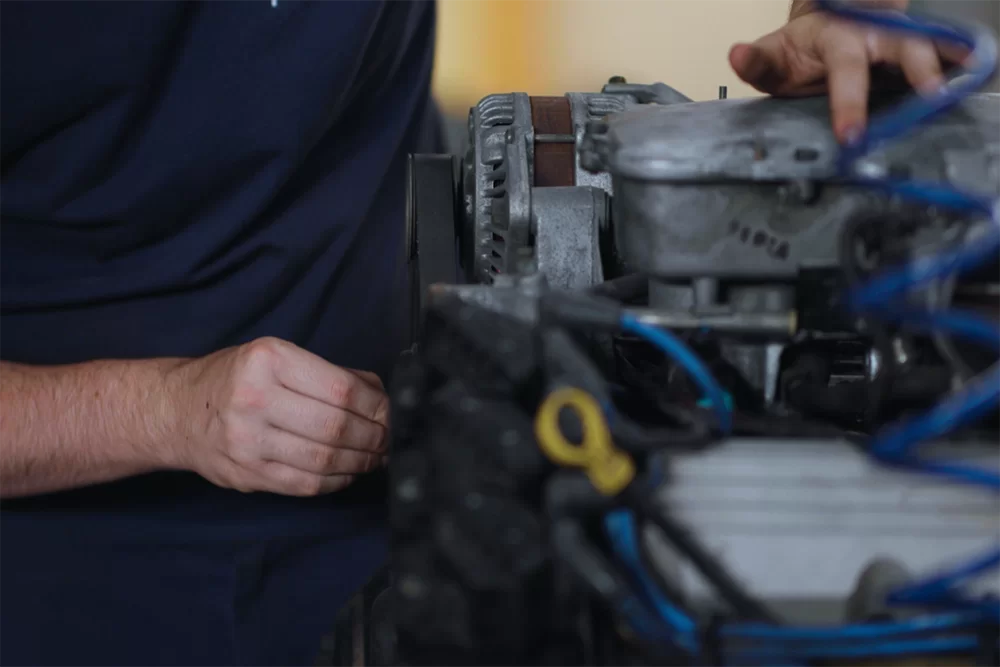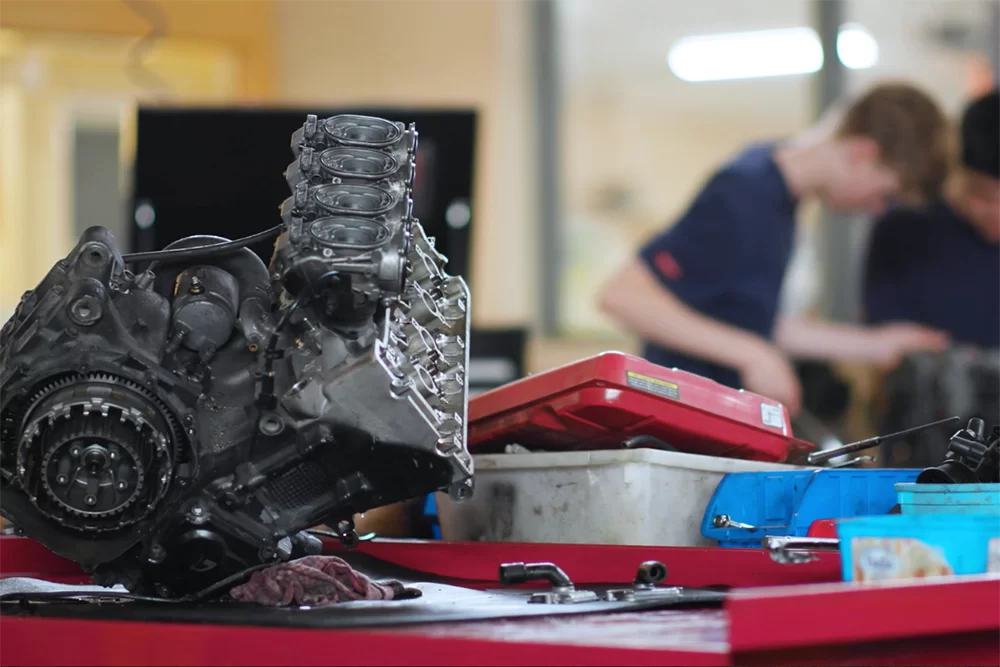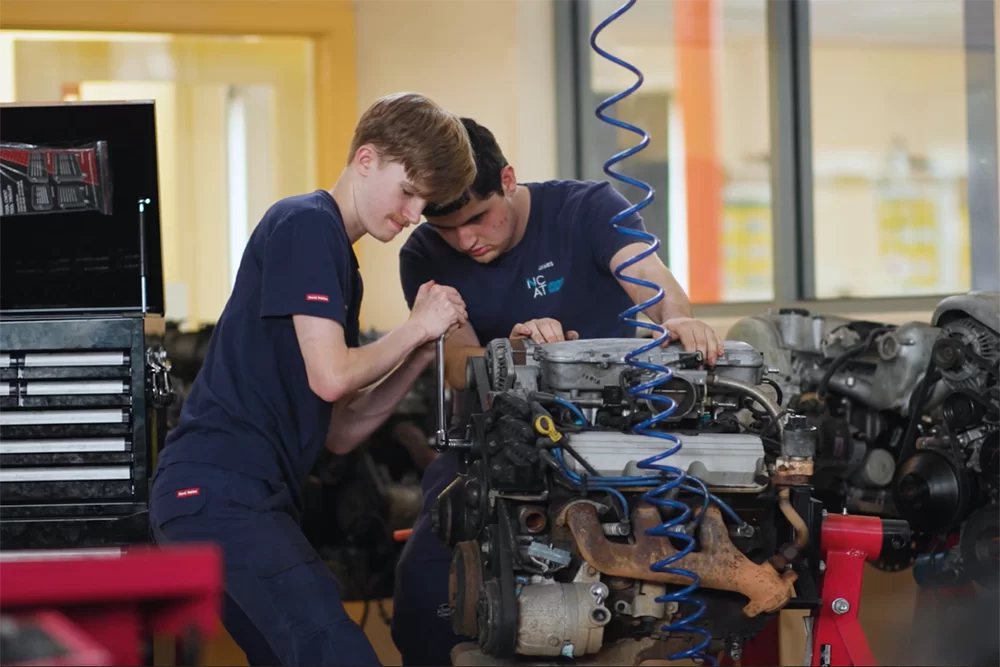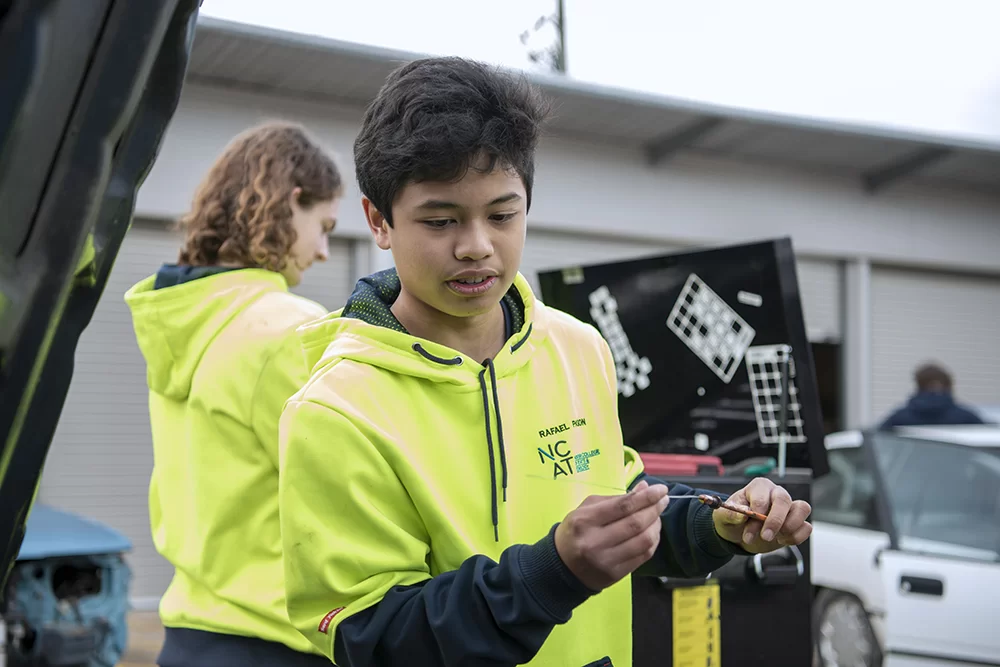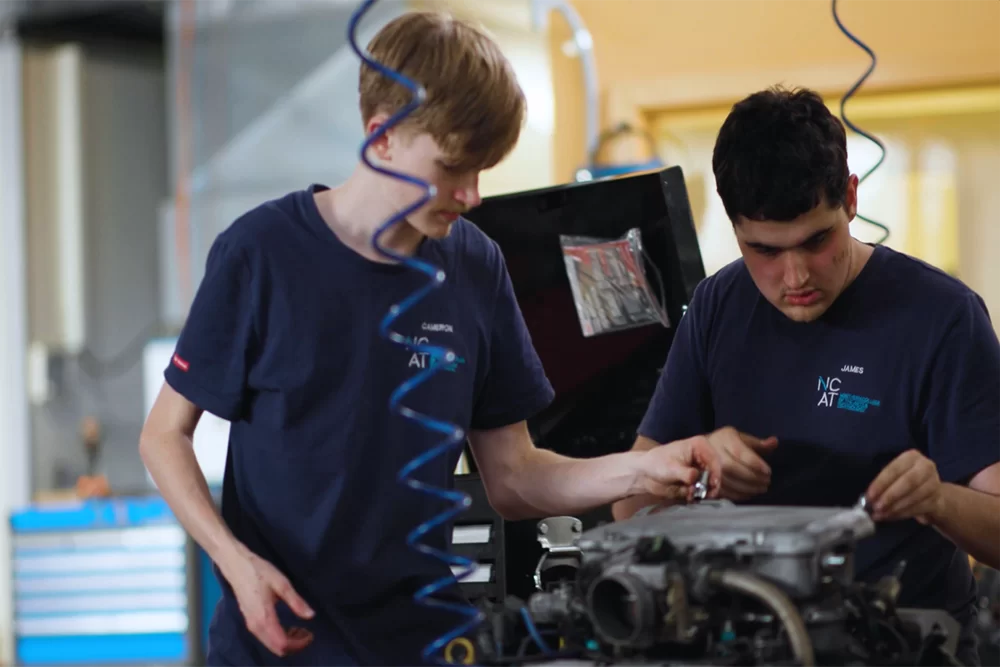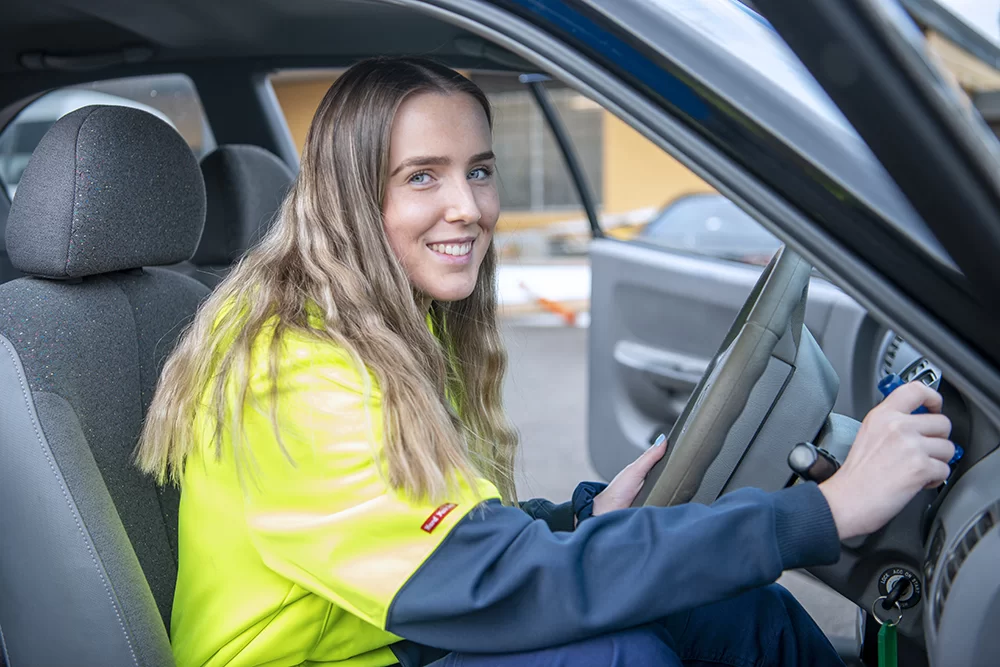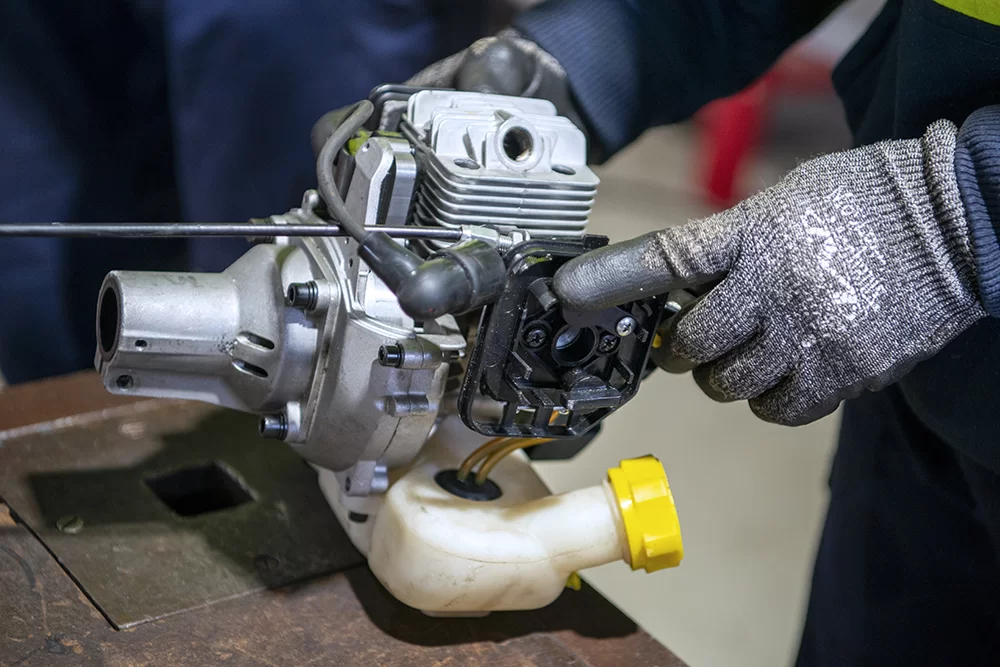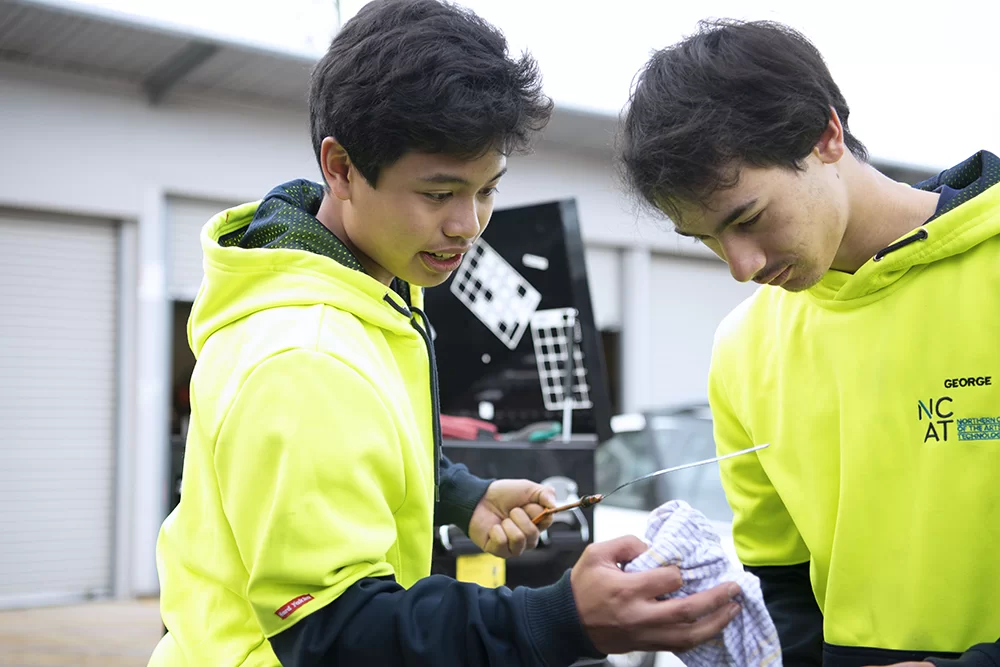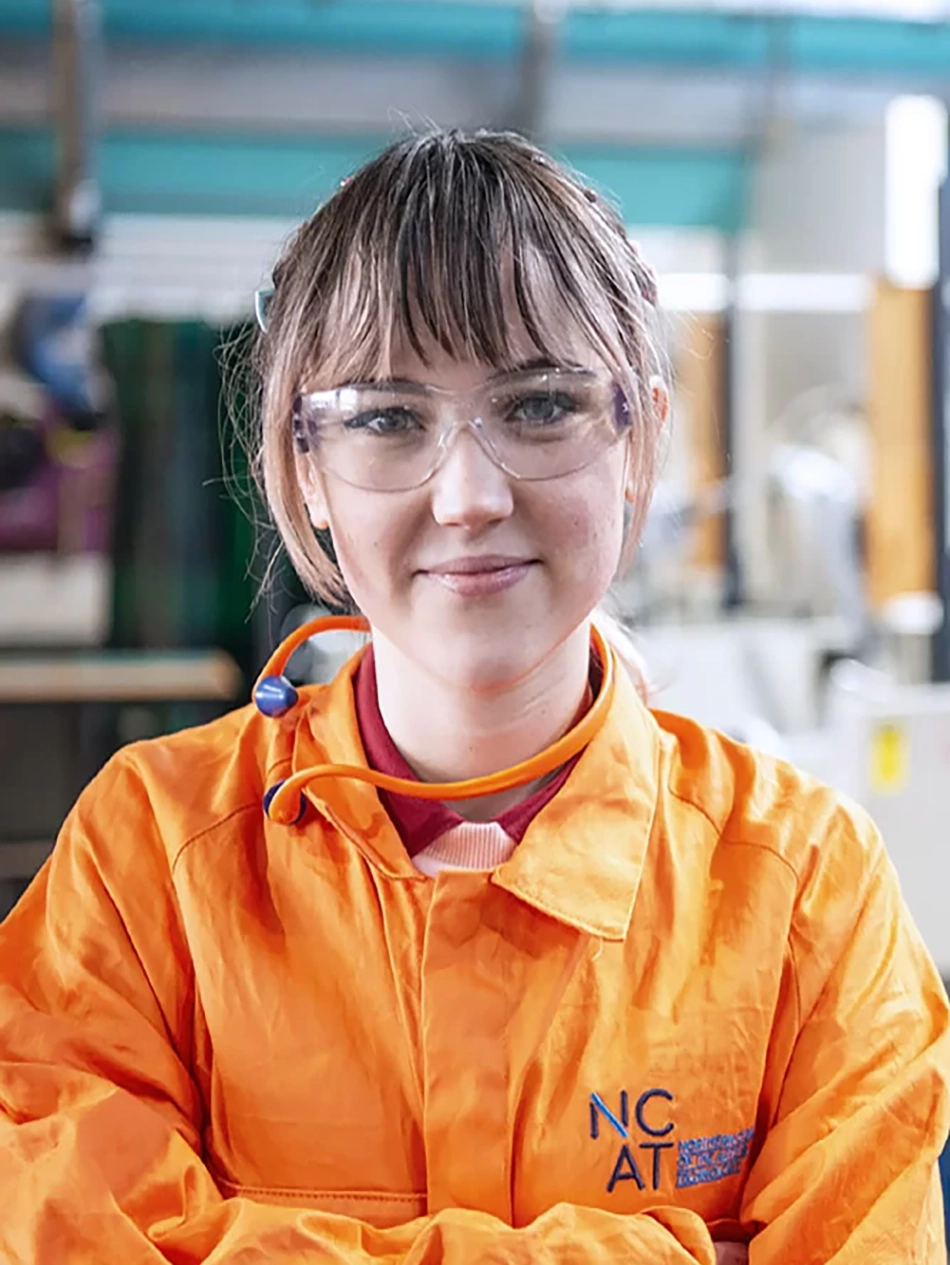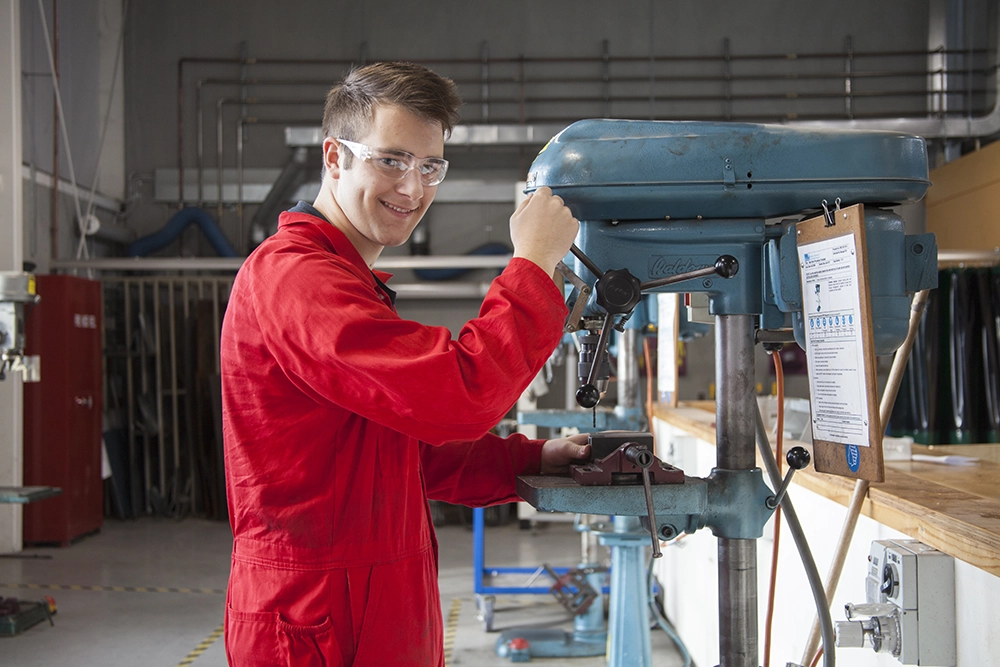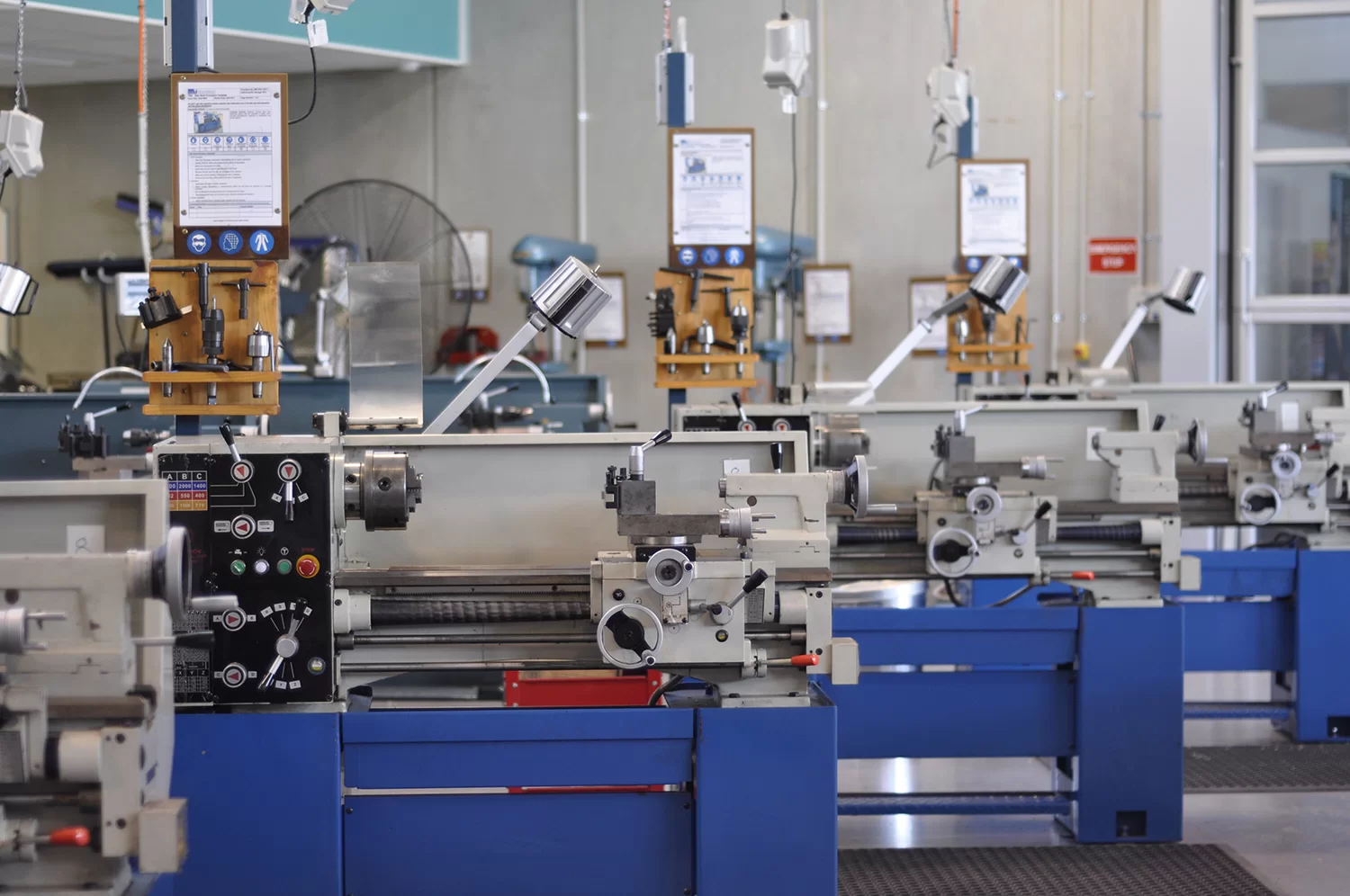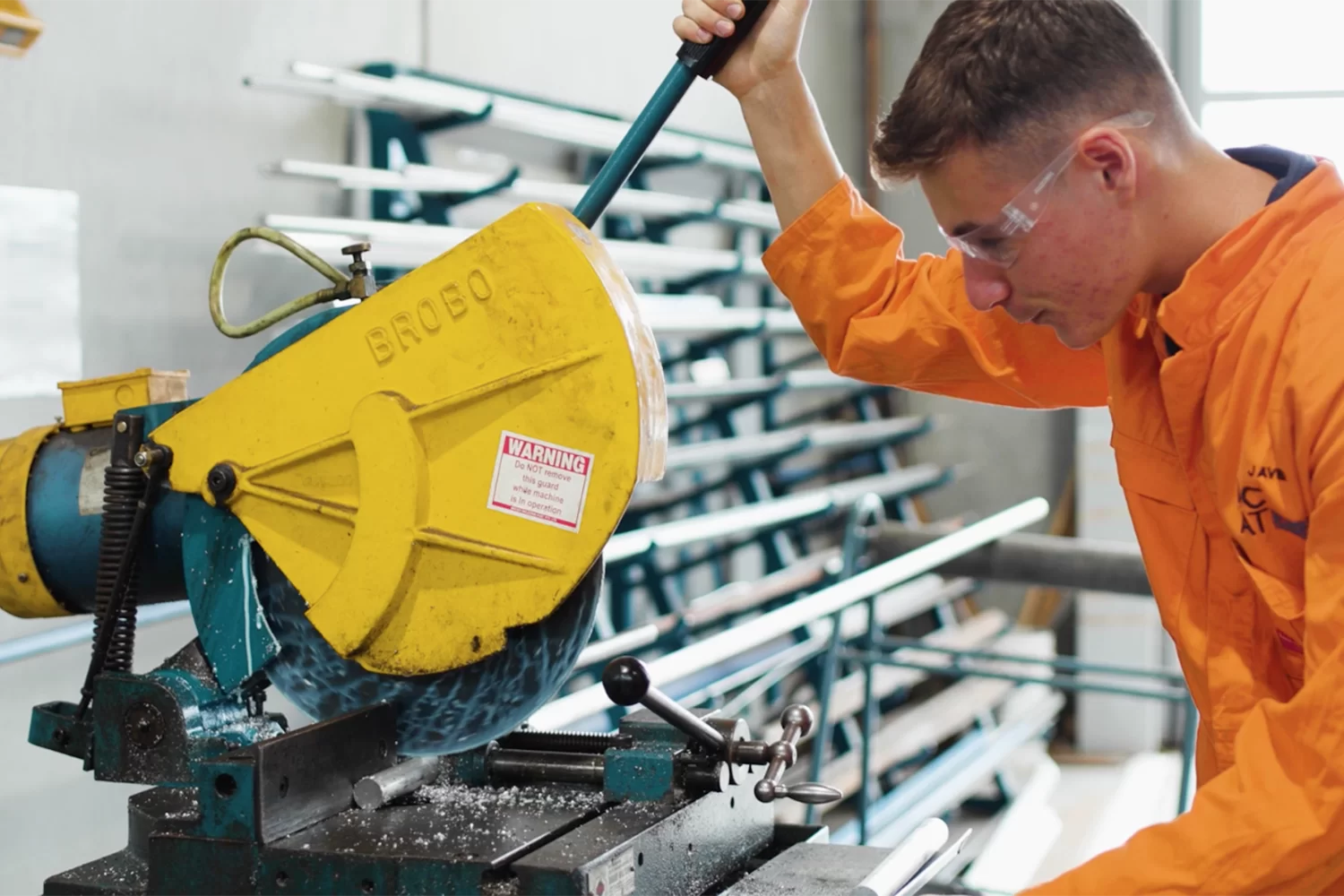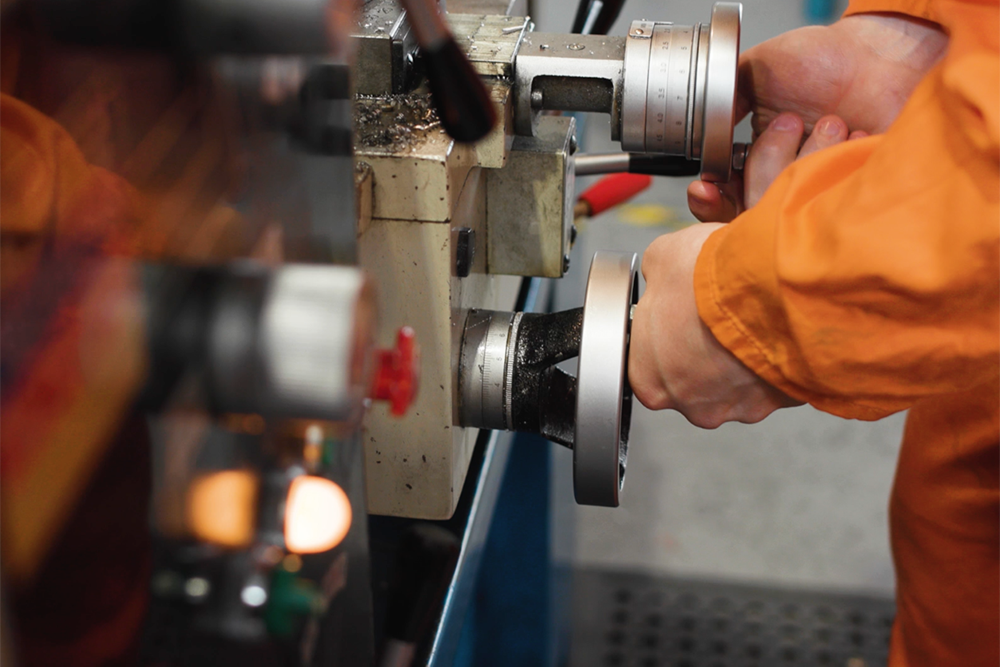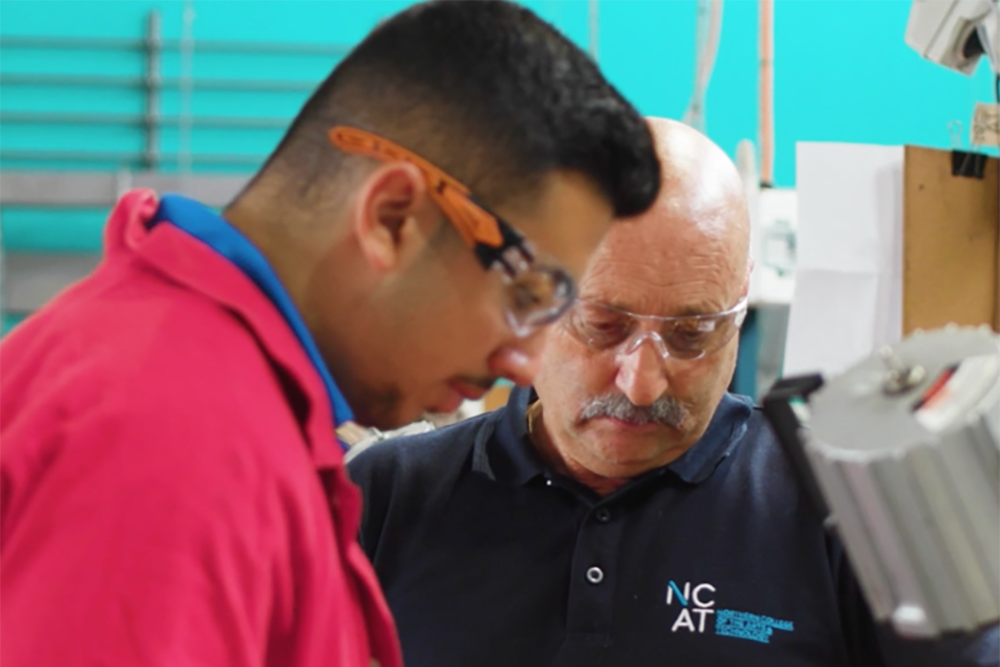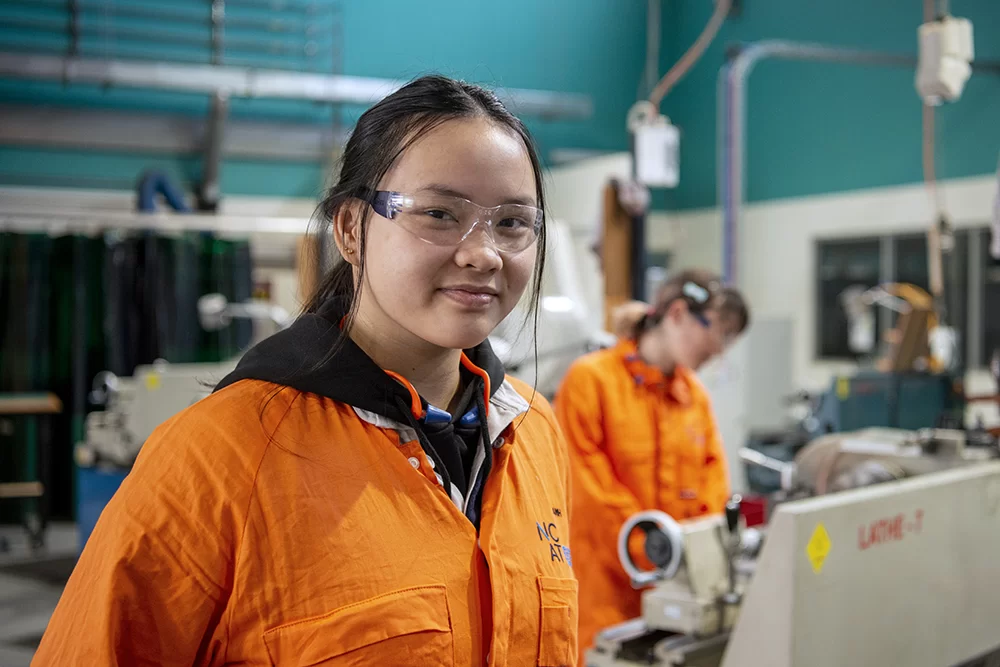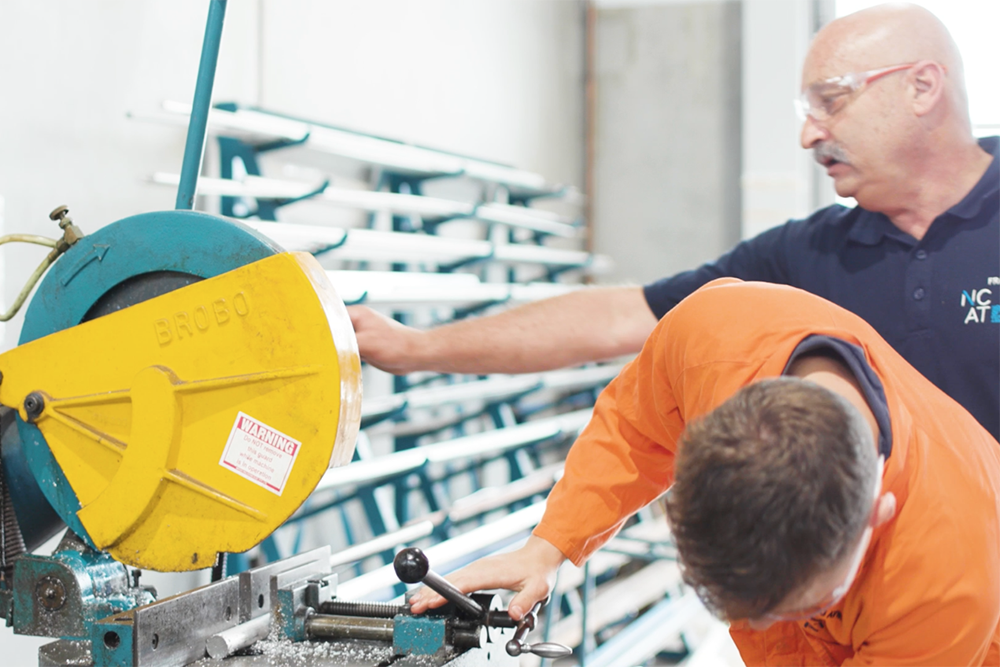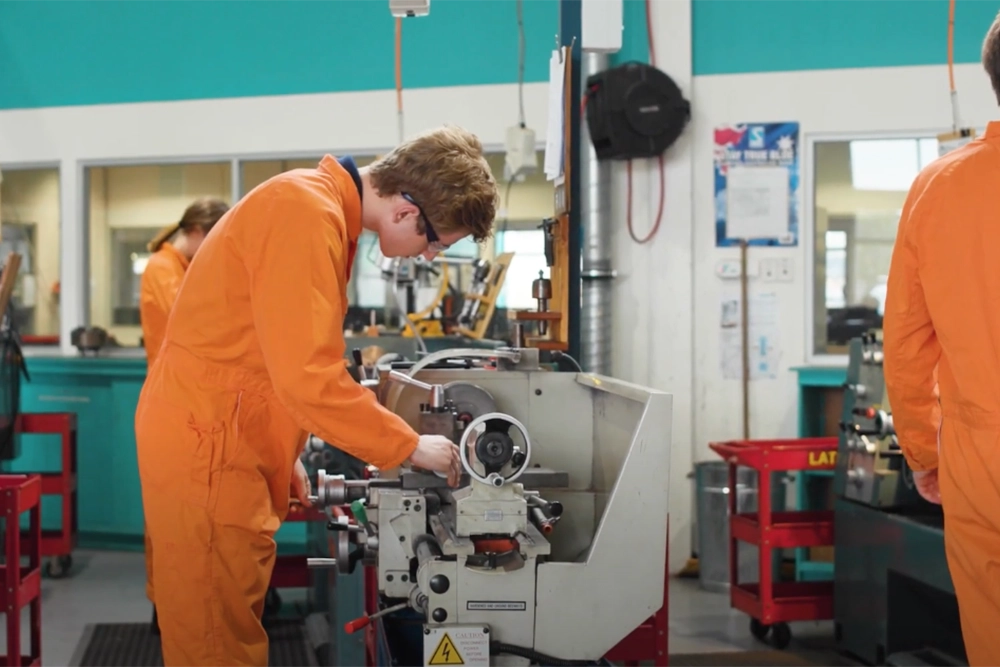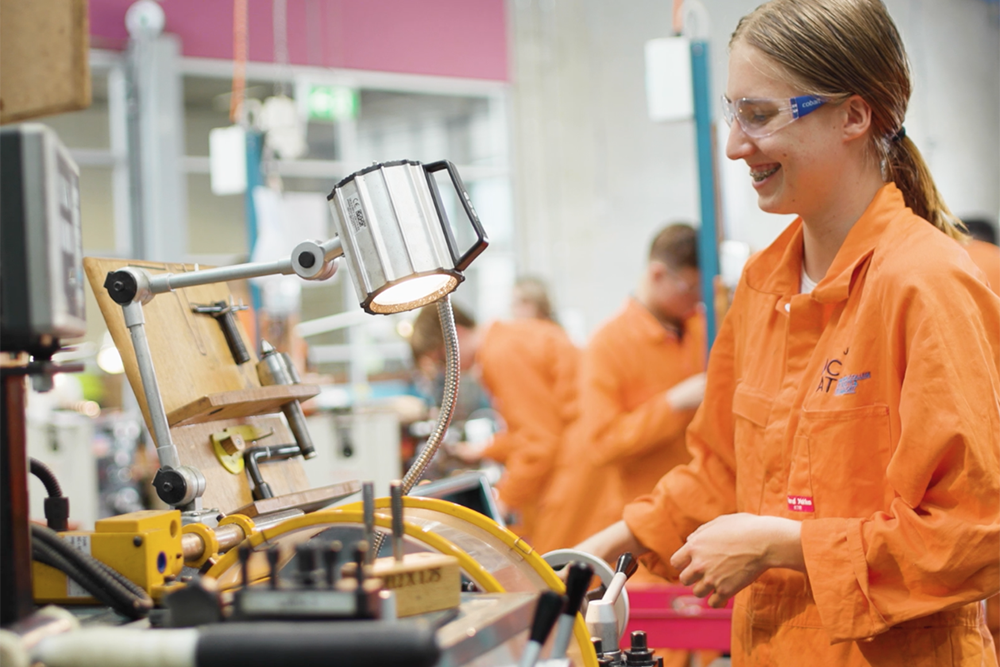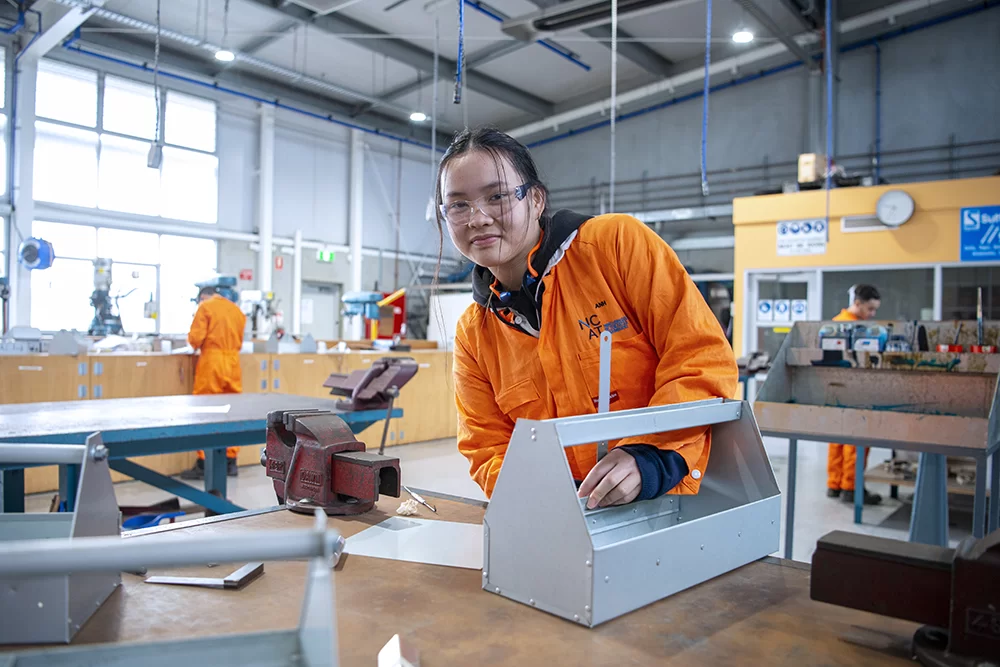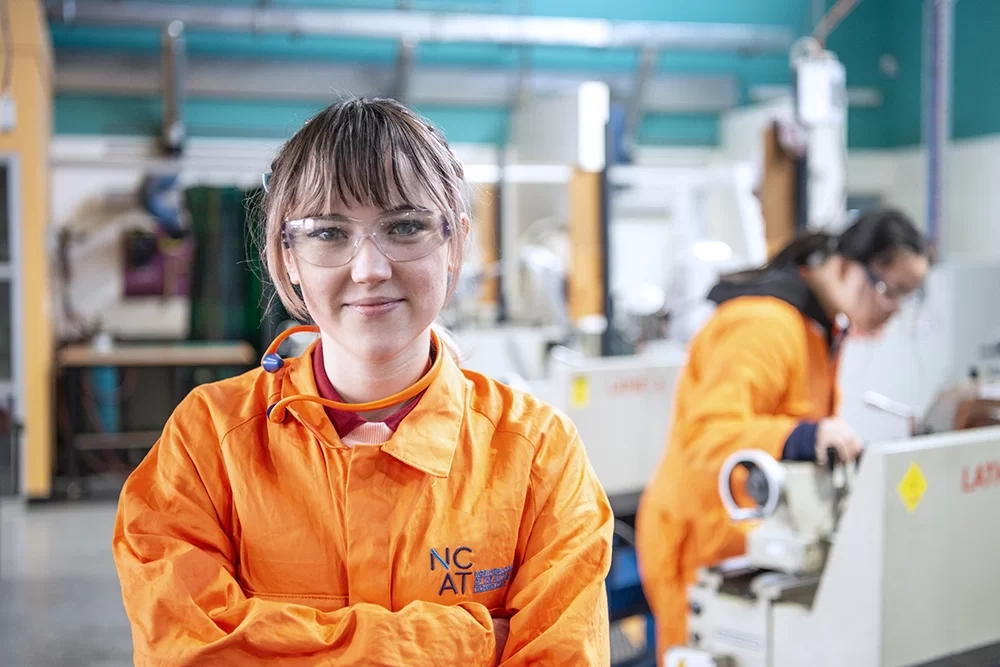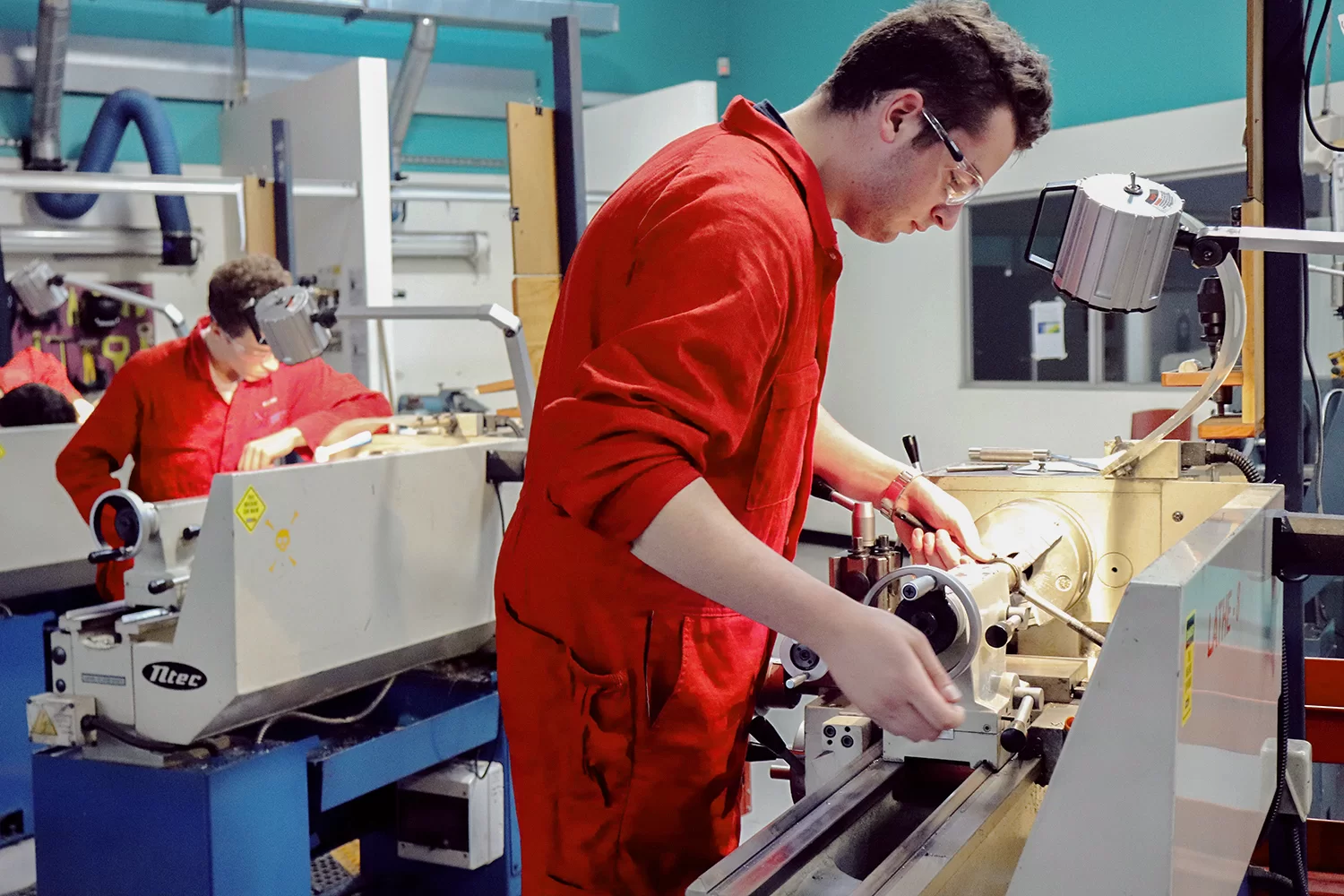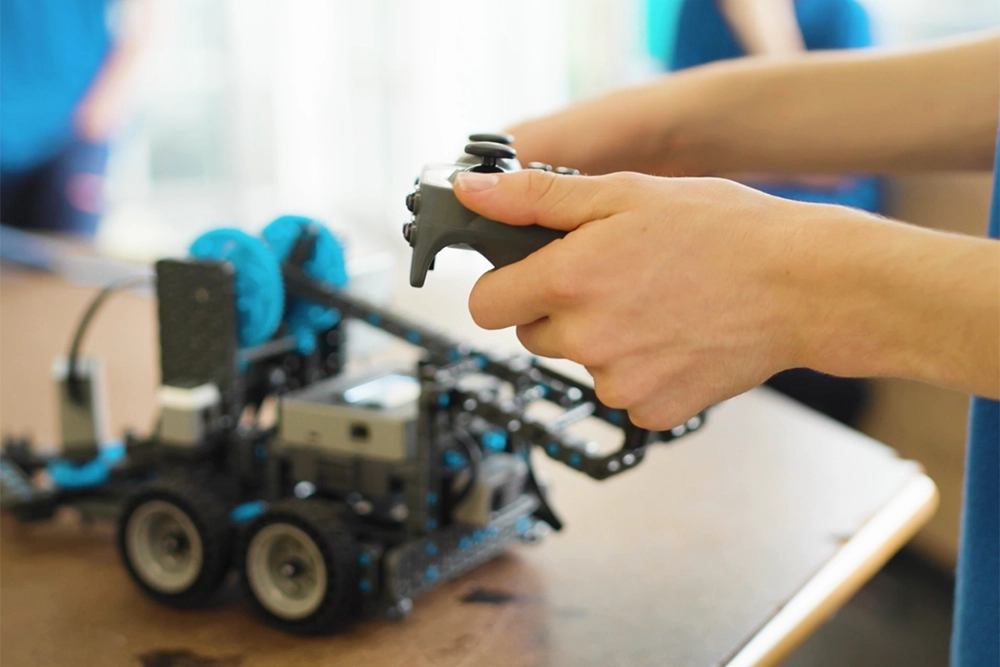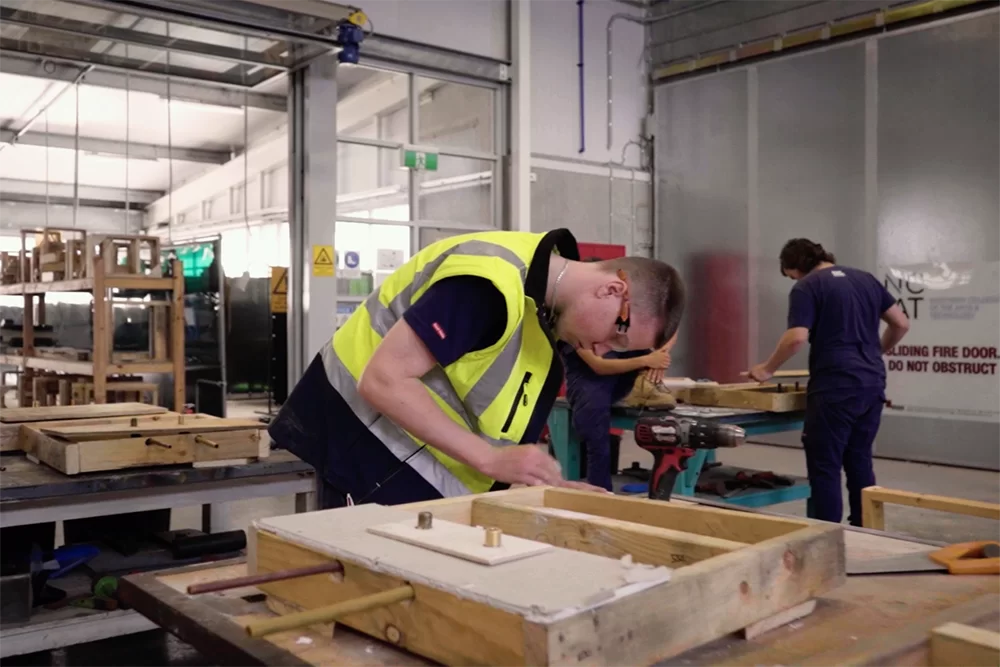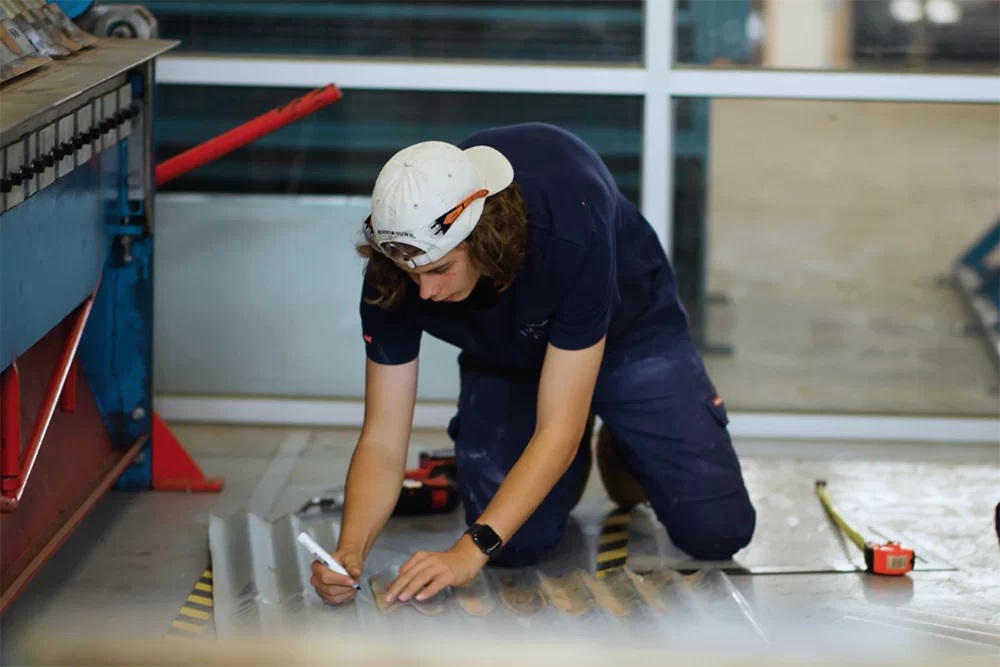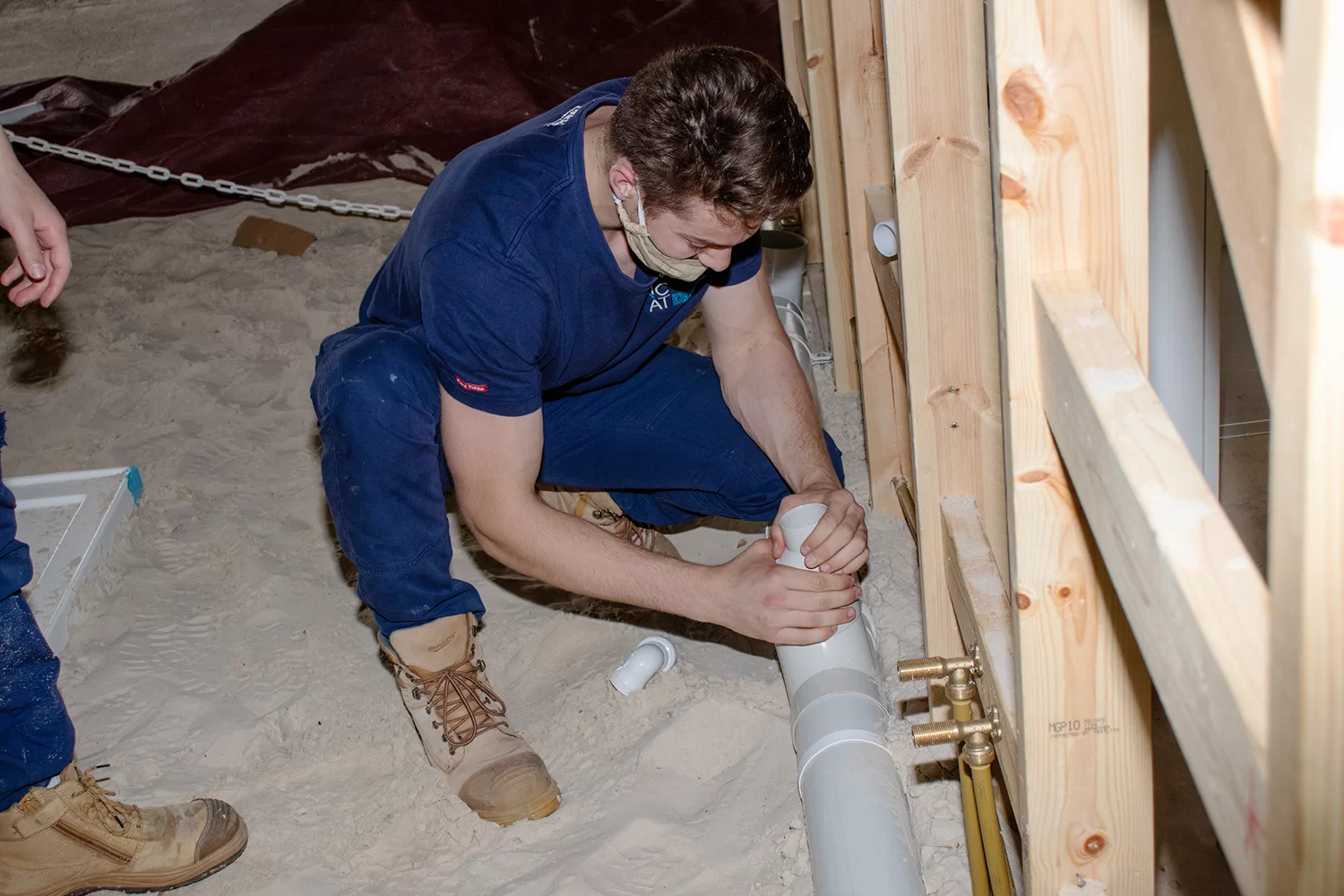In August we had the incredible pleasure of hosting ‘Bring It On!’. The evening event was organised and hosted by some our female pre- apprenticeship students who are a part of the NCAT Young Women in Trades & Technology group.
We were very fortunate to have the following organisations participate as industry hosts on the night:
CFMEU
Hutchinson Builders
New Plumbing Solutions
A&A Cabinets Impressions Group
QA Electrical
Women in Plumbing
Young women in Years 9, 10 and 11 from local schools, heard from and met qualified tradeswomen from Building and Construction, Electrotechnology, Plumbing and Furniture Making. They also heard from the local employers, union and employee organisations.
The event helped the students and their parents define their study options for the next few years and to increase their knowledge of pathways after school. Parents of some of the apprentices and pre- apprentice student spoke of their decision making journey and how their daughters were benefiting from the experiences.
TRADES FIT: Young Women In Trades and Tech Expo
The NCAT Young Women in the Trades and Technology Group represented the college in May at the Trades Fit: Young Women in Trades and Tech Expo. It was attended by 2,493 female and non-binary students. Hosted by the Department of Education at the Melbourne Convention Centre, the expo gave female and non-binary students to gain an insight into exciting career opportunities in traditionally male-dominated fields, through practical learning experiences, technology displays, information sessions and panel discussions.
A big thank you each member of the NCAT Young Women in the Trades and Technology Group for their tireless work and enthusiasm throughout the year.
Read more about our Trades & Technology areas.
Northern College of the Arts and Technology (NCAT) is a Year 10 – 12 Government Secondary School specialising in the Arts and Technology. We are a Registered Training Organisation (RTO Number 6736). NCAT is on Murray Road, Preston.

